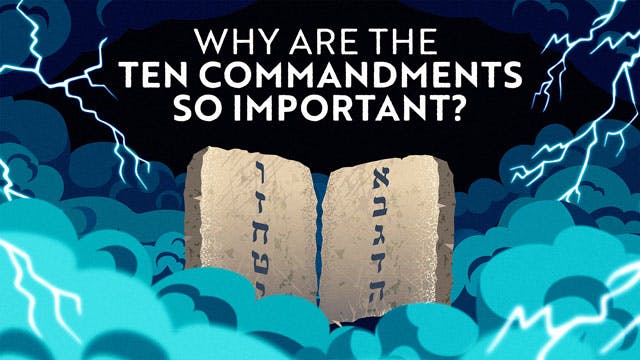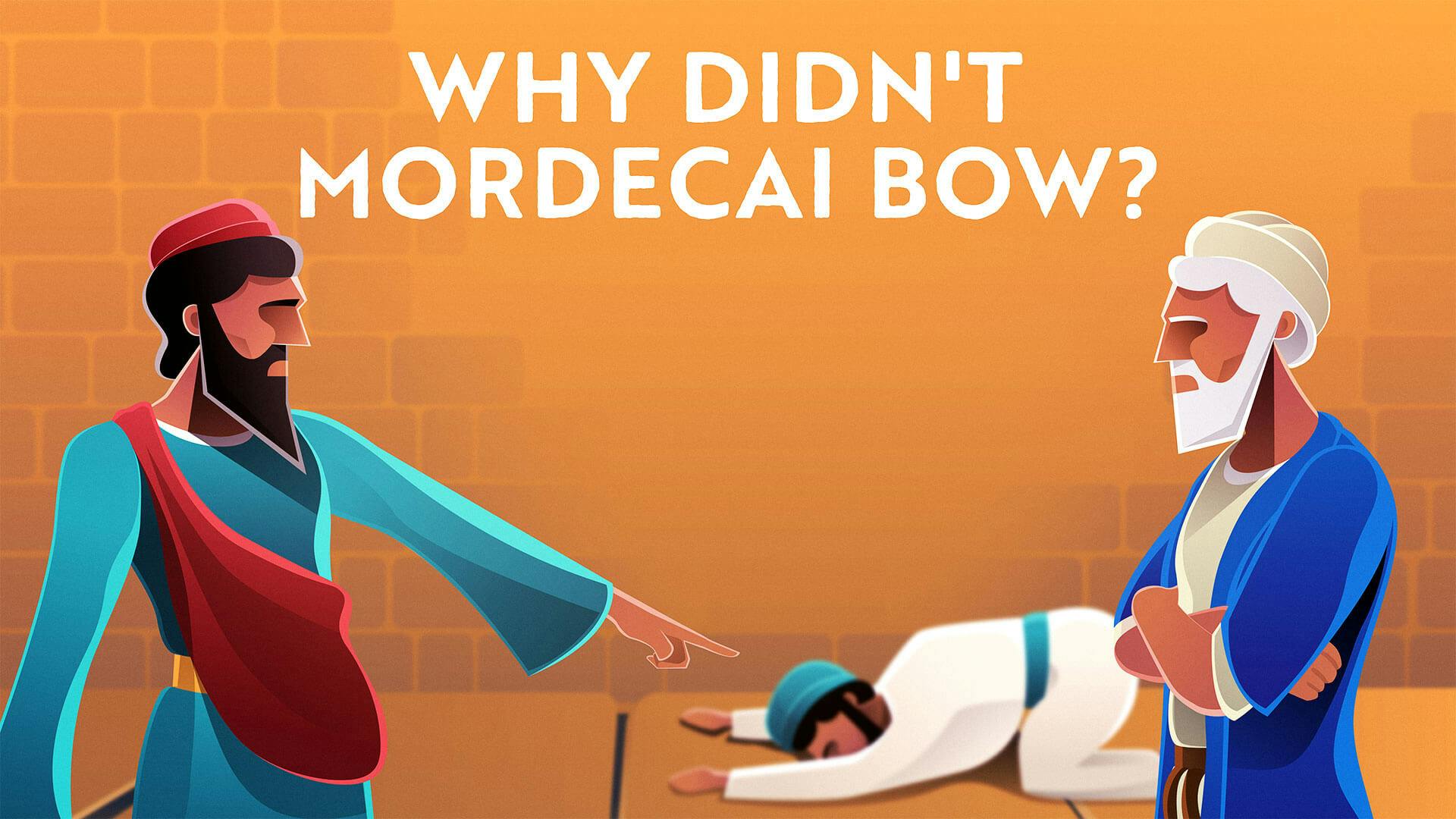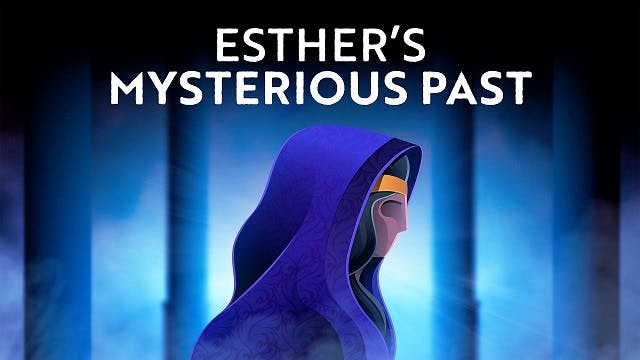Genesis

Two Stories of Creation
This webinar deals with some of the most fundamental questions we have as people – who are we? Why are we here? And how should that affect the choices we make in our lives?
Part 1 of 5 • 47 min

Shabbat
One of the most sacred traditions in Judaism is our weekly celebration of Shabbat, our “day of rest,” when we commemorate that God “rested” after His six days of creation. But wait–why would an omnipotent God need to rest? Yes, He created the universe – but He’s infinitely powerful! And why would we celebrate Shabbat by emulating the day God rested, not the mind-blowing six days of creation before it? What did God do on His day of rest that was so incredible?
Part 1 of 4 • 8 min

God's Two Names
In this first part a three-part deep-dive series, Rabbi Fohrman explores one of the Bible’s greatest mysteries: the meaning and significance of God’s names. The Bible uses many names to refer to God, the most well-known being Elokim and YHVH. But what do these names signify, and why do they appear when they do? The mystery deepens with the rare combination “YHVH Elokim,” which appears in the opening chapters of Genesis. Join Rabbi Fohrman as he unpacks these names—on their own and in combination—and reveals how understanding them can shape the way we lead our lives.
Part 1 of 12 • 1 hour, 17 min

Adam, Eve, and the Tree of Knowledge [short and sweet]
In this deep-dive course, Rabbi Fohrman explores the story of the Garden of Eden, asking tough questions, uncovering subtle insights in the text, and ultimately bringing new light to this age-old story.
Part 1 of 19 • 10 min

Adam, Eve, and the Tree of Knowledge [deeper dive]
We all know the story of the Garden of Eden. Adam, Eve, forbidden fruit, snake. But what if there’s another layer to this story lying beneath all the obvious drama? In the first episode of this six part series, Rabbi Fohrman takes a close look at the Garden of Eden story, pointing out some glaring – but easily glossed over – anomalies in the text, and inspiring us to reconsider what we thought we knew about Eden’s most basic features.
25 min

Cain and Abel
Why does the Torah present this sad story of Cain and Abel right after the tragedy of the Tree of Knowledge? In this video, David Block and Immanuel Shalev uncover a common thread that weaves its way through the different stories in the beginning of Genesis. In doing so, they offer a compelling explanation of what Adam and Eve’s original sin in the Garden of Eden was really about, how it connects to Cain’s murder of Abel, and how these stories serve as an prologue for the rest of the Torah. To dig deeper check out the course “A Brief History Of The World.”
13 min

The Birth of Noach
We know the story: people sinned so God wiped them out with a flood. But whatever happened to repentance? Isn’t God is supposed to give us a second chance to fix our mistakes? Find the answers in this video.
11 min
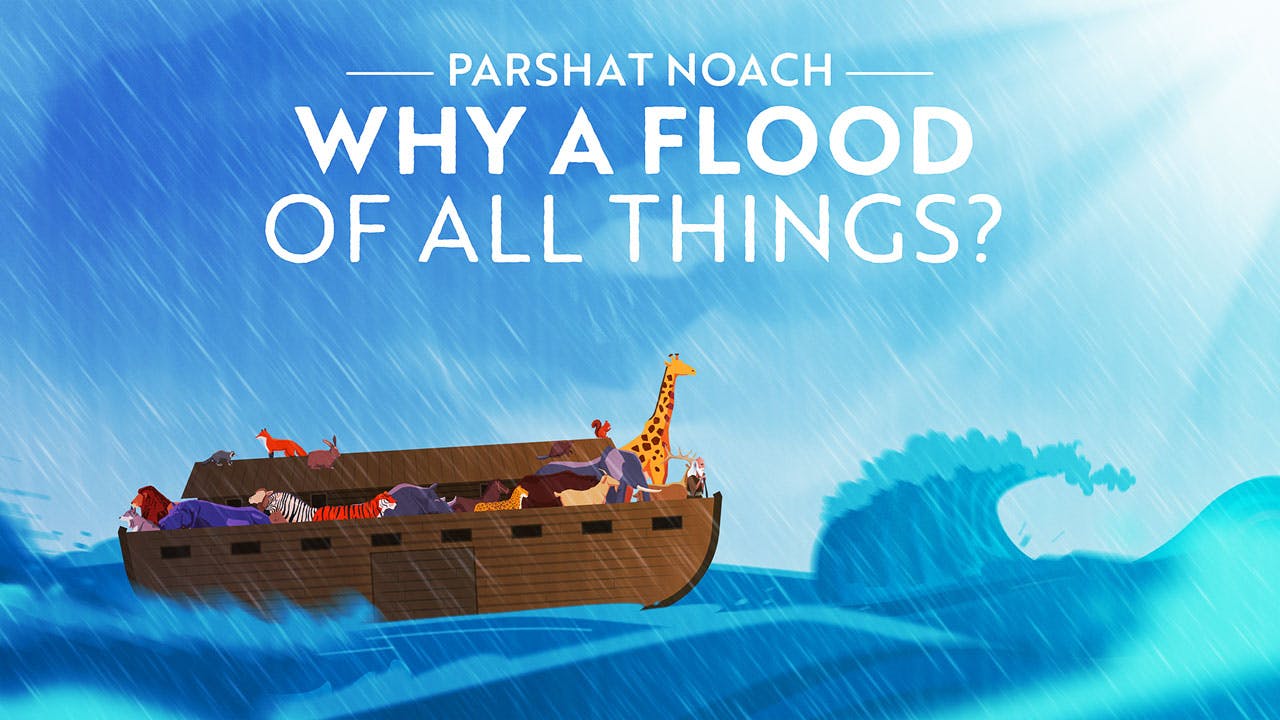
The Flood [short and sweet]
Okay, God decided to destroy the world. But there are lots of ways to destroy a world: why a flood?
13 min

The Flood [deeper dive]
In episodes 23-54 of Genesis Unveiled, Rabbi Fohrman dives deep into the ways the flood story mirrors the creation story, helping us understand the flood and its aftermath in a new light.
Part 1 of 76 • 9 min

Noach, His Sons and the Vineyard [short and sweet]
We all know the story of Noah, with the animals living together harmoniously in the ark, the dove, the rainbow sign. But this is only half of the story. Underneath this fairytale version of the Noah story lies a dark, more disturbing wrinkle that finds its crescendo in Noah’s vineyard. And this part of the story is more relevant than anything else we might think about Noah and the flood.
1 hour, 3 min

Noach, His Sons and the Vineyard [deeper dive]
In episodes 55-70 of Genesis Unveiled, Rabbi Fohrman uncovers a chiasm in the story of Noach and offers how we are meant to use the structure to gain a better understanding of the story.
Part 1 of 76 • 9 min

The Tower of Babel
The puzzling story of Babel leads us to a serious question –what is actually wrong with building the tower? In episodes 71-76 of Genesis Unveiled, Rabbi Fohrman takes us on a close reading of the Tower of Babel and helps us understand the issue with the tower and its relevance today.
Part 1 of 76 • 9 min

God Chooses Abraham [short and sweet]
Why did God choose Abraham? What was so special about him? Through the stories in this parsha we can discover the central mission – and struggle – that his life revolved around.
14 min

God Chooses Abraham [deeper dive]
Over the course of this 11-part audio lecture, Rabbi Fohrman looks at the stories in the Torah from Adam to Abraham to see how they intertwine and what overarching message emerges when we put these stories side by side.
Part 1 of 11 • 57 min

Abraham Stories
What is the central theme that underlies all of the stories about Abraham's life? The Torah tells us how Abraham hears God’s call, ventures to Canaan, flees from famine, takes a second wife, gets involved in a war of kings, and more. This series explains the stories of Abraham like never before.
Part 1 of 8 • 52 min
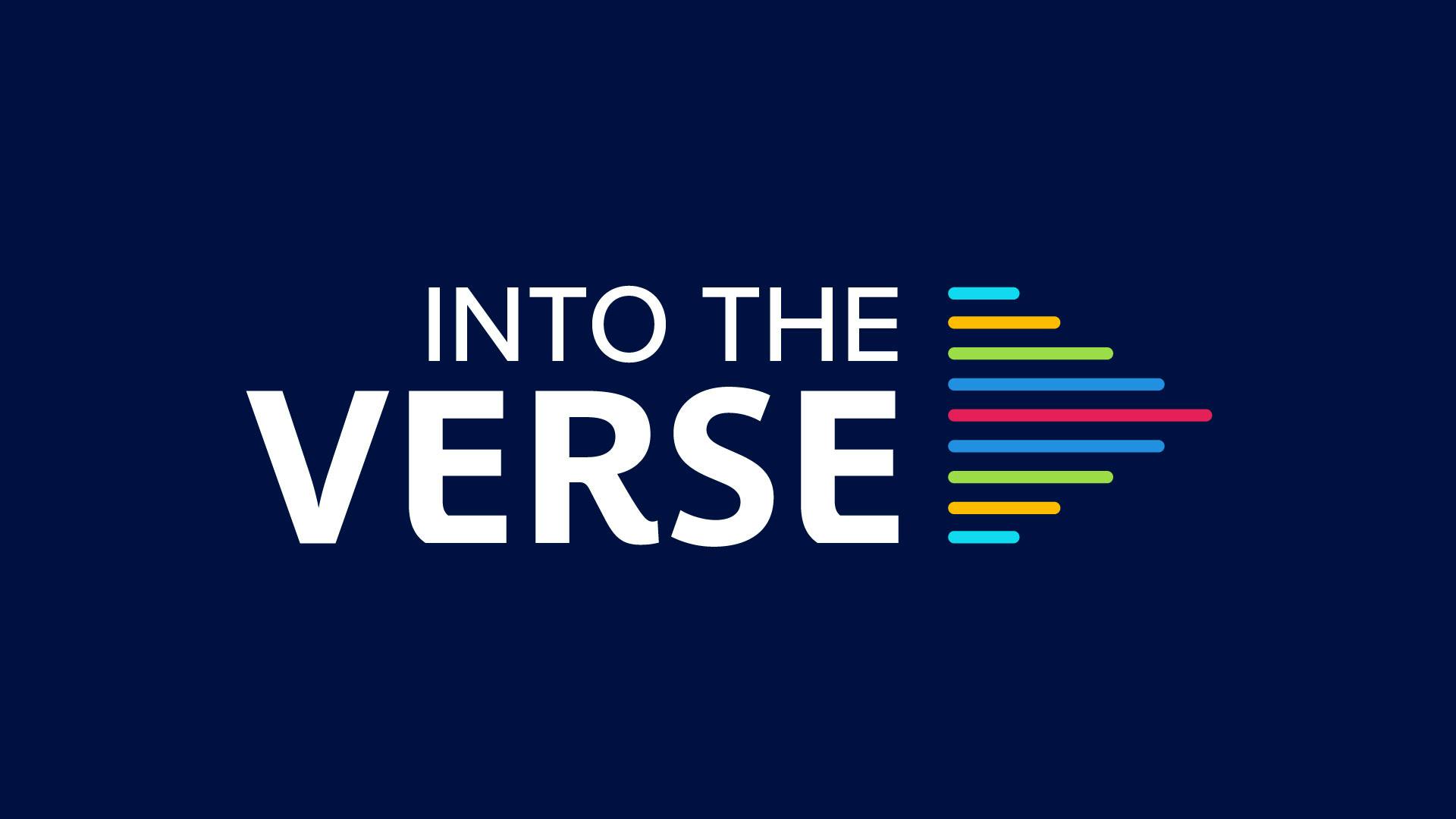
Lot Receives Visitors in Sodom
Parshat Vayera tells the story of visiting angels being graciously hosted, not once but twice! Abraham's hospitality is legendary, and Lot's welcoming the angels feels like a de ja vu...until things turn ugly.
29 min

The Destruction of Sodom
Abraham, our upstanding forefather, prayed on behalf of the inhabitants of Sodom and Gomorrah. Lot, Abraham’s nephew, dwelled in Sodom. But God still destroyed the city. Why? Could it be that Abraham and Lot weren’t righteous enough to save Sodom?
13 min
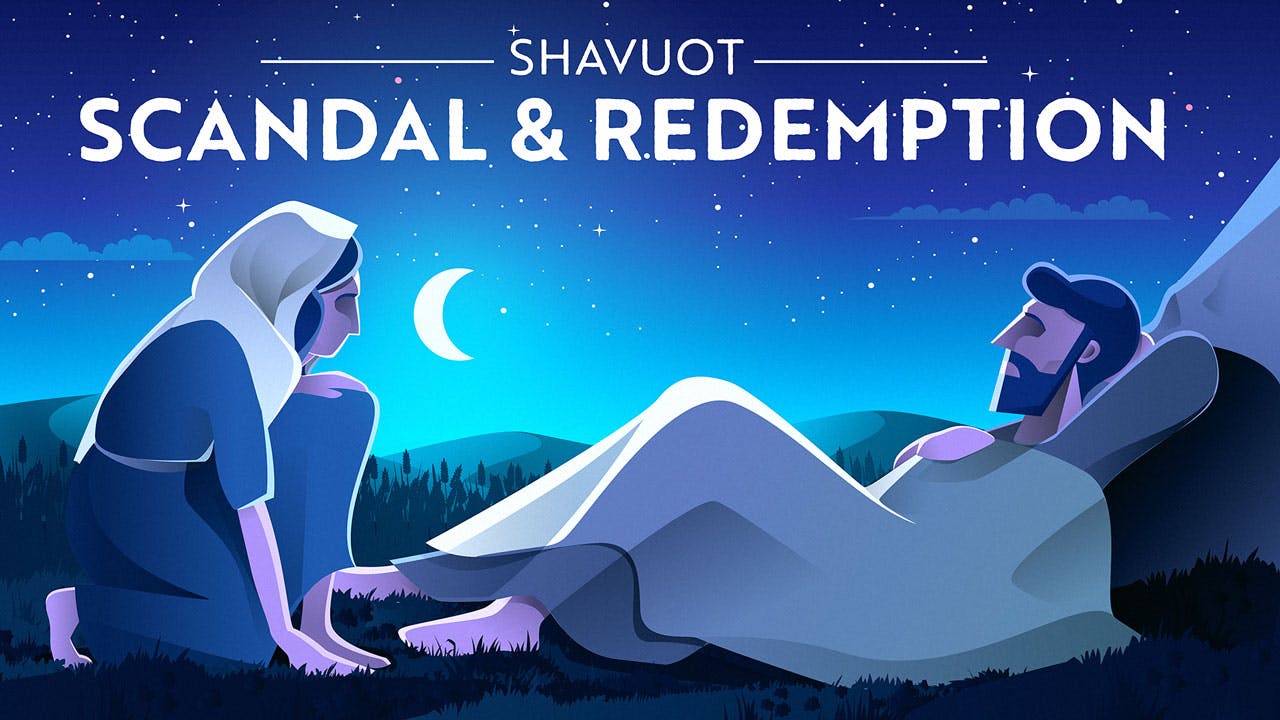
Lot and His Daughters
What is the theme that ties together the seemingly disconnected stories of Lot and his daughters, Judah and Tamar, and Ruth? The obscure Biblical law of yibum, or Levirite marriage, has a lot to do with it. Rabbi Fohrman argues there is an important connection that hints at a generational saga of redemption.
Part 1 of 7 • 1 hour, 9 min

Abraham Sends Away Hagar and Ishmael [short and sweet]
One of the defining characteristics of Abraham and Sarah is their custom of doing extreme acts of kindness. Yet, upon closer inspection of the Biblical stories about them, they seem to do some very unkind things! Take the story of Hagar and her son Ishmael, for example. How can Abraham and Sarah kick them out of their home and send them into the desert? How should we understand this action, which seems so inconsistent with Abraham's and Sarah’s character? Join Rabbi Fohrman as he explores more deeply the actions of Abraham and Sarah. Surprisingly, his answers take us to another Biblical story, one that allows us to understand these actions and their repercussions generations later.
Part 1 of 2 • 10 min
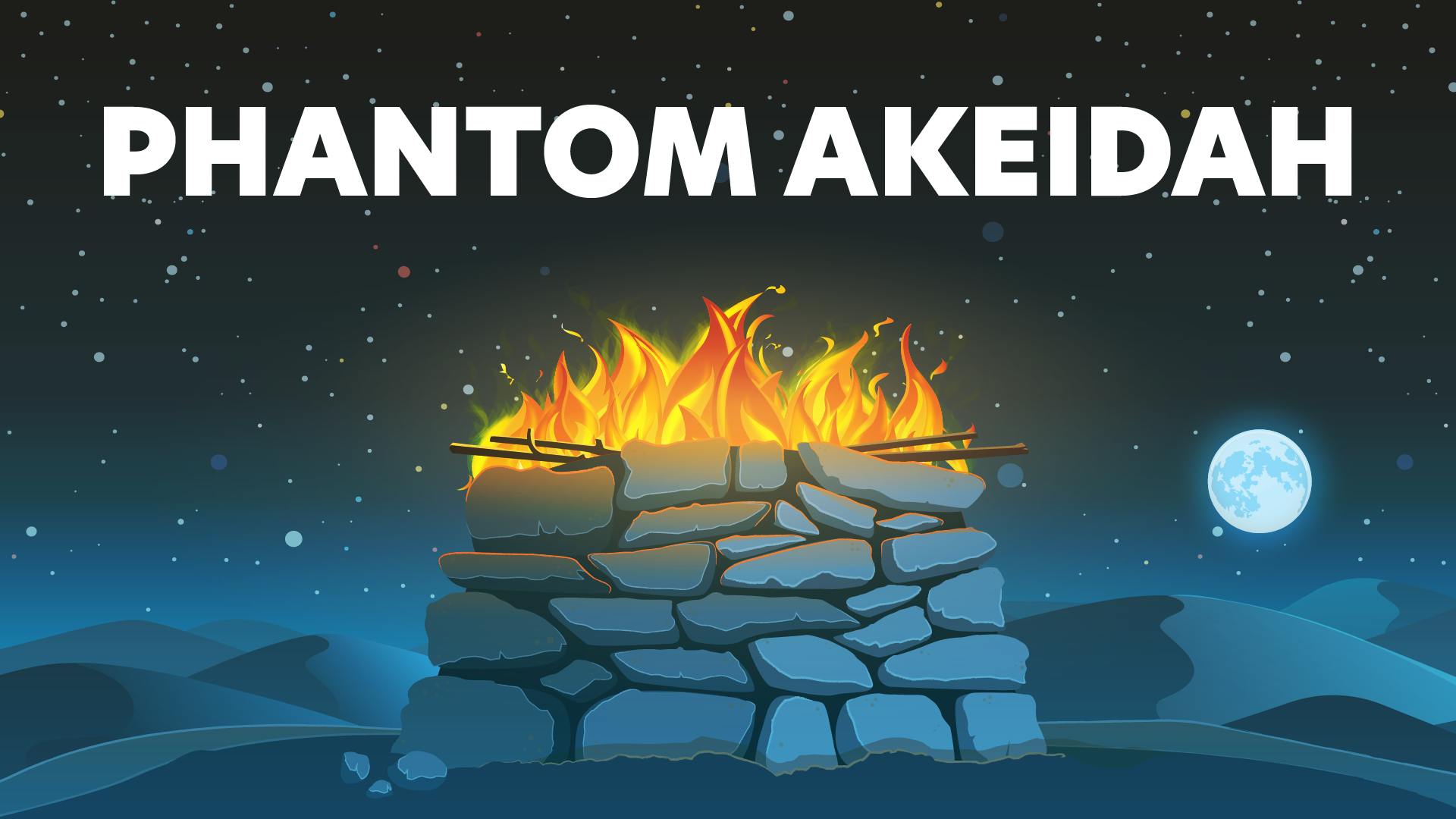
Abraham Sends Away Hagar and Ishmael [deeper dive]
Before God told Abraham to give up Isaac, God told him to give up Ishmael. This 8-part series probes the stories’ eerie similarities.
Part 1 of 8 • 48 min

Binding of Isaac [short and sweet]
You think that the binding of Isaac was a test of Abraham’s obedience to God. But what if God was also testing something else? What was that something else — and did Abraham pass the test?
10 min
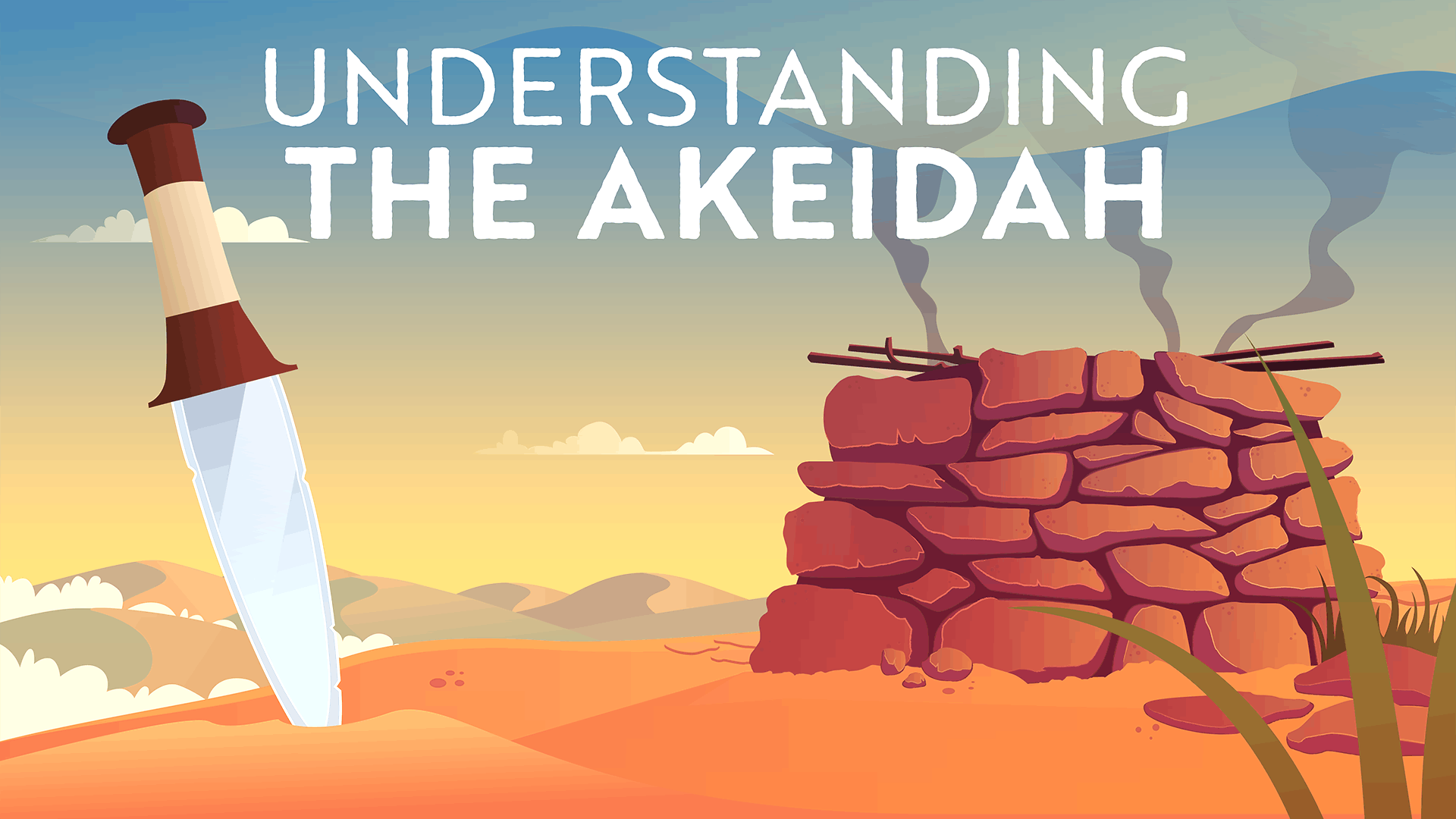
Binding of Isaac [deeper dive]
This lecture series tackles the Akeidah, a shocking narrative in which Abraham is ordered to sacrifice Isaac. But how are we supposed to make sense of this story that seems to pit obedience to God against our most basic sense of morality?
Part 1 of 7 • 48 min

The Marriage of Isaac and Rebecca
The Torah seems to connect Isaac’s search for a wife and the selection of one of Israel’s first national leaders. Why? What do marriage and kingship have in common? This video offers a novel idea about what makes nations rise and fall, and what makes marriages succeed or fail.
9 min

Jacob, Esau, and the Deception of Isaac [short and sweet]
So you think you know the story: Rebecca and Jacob hatch a plan, he pretends to be Esav, lies to his father, and makes off with his brother’s blessing. But what if we told you that neither Rebecca nor Jacob ever intended this deception? That it was all an unfortunate misunderstanding? No, this is not an exercise in apologetics. It’s an exercise in reading the Torah with fresh eyes. Don’t you want to see what it’s all about?
Part 1 of 4 • 8 min

Jacob, Esau, and the Deception of Isaac [deeper dive]
Jacob, our esteemed forefather, is looked to as a role model… our Sages even call him an ish emet, “a man of truth.” But what about that whole impersonating-his-brother-and-lying-to-his-father episode? Would a man of truth do that? It’s not easy to reconcile these things… but that is precisely what Rabbi Forhman manages to do in this provocative audio series.
Part 1 of 15 • 53 min
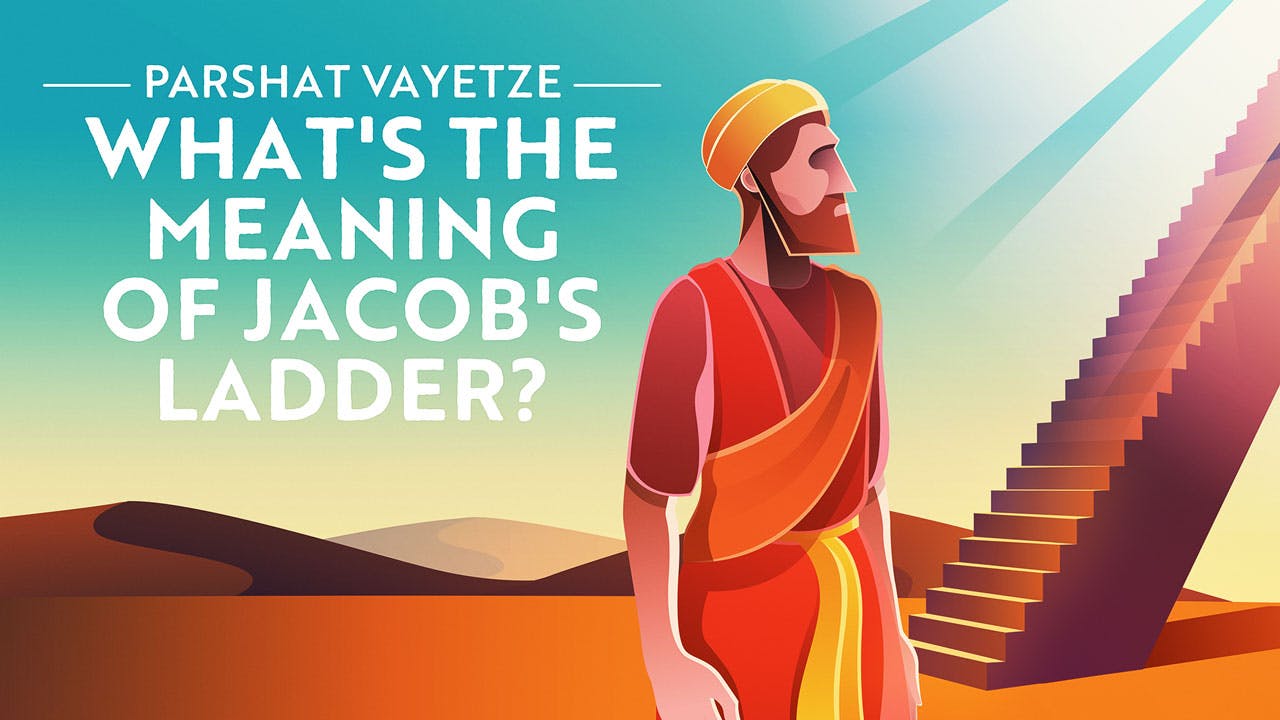
Jacob’s Dream [short and sweet]
What was the meaning of Jacob's dream, a ladder with angels going up and down? It may just shed light on Israel’s mission in the world.
14 min
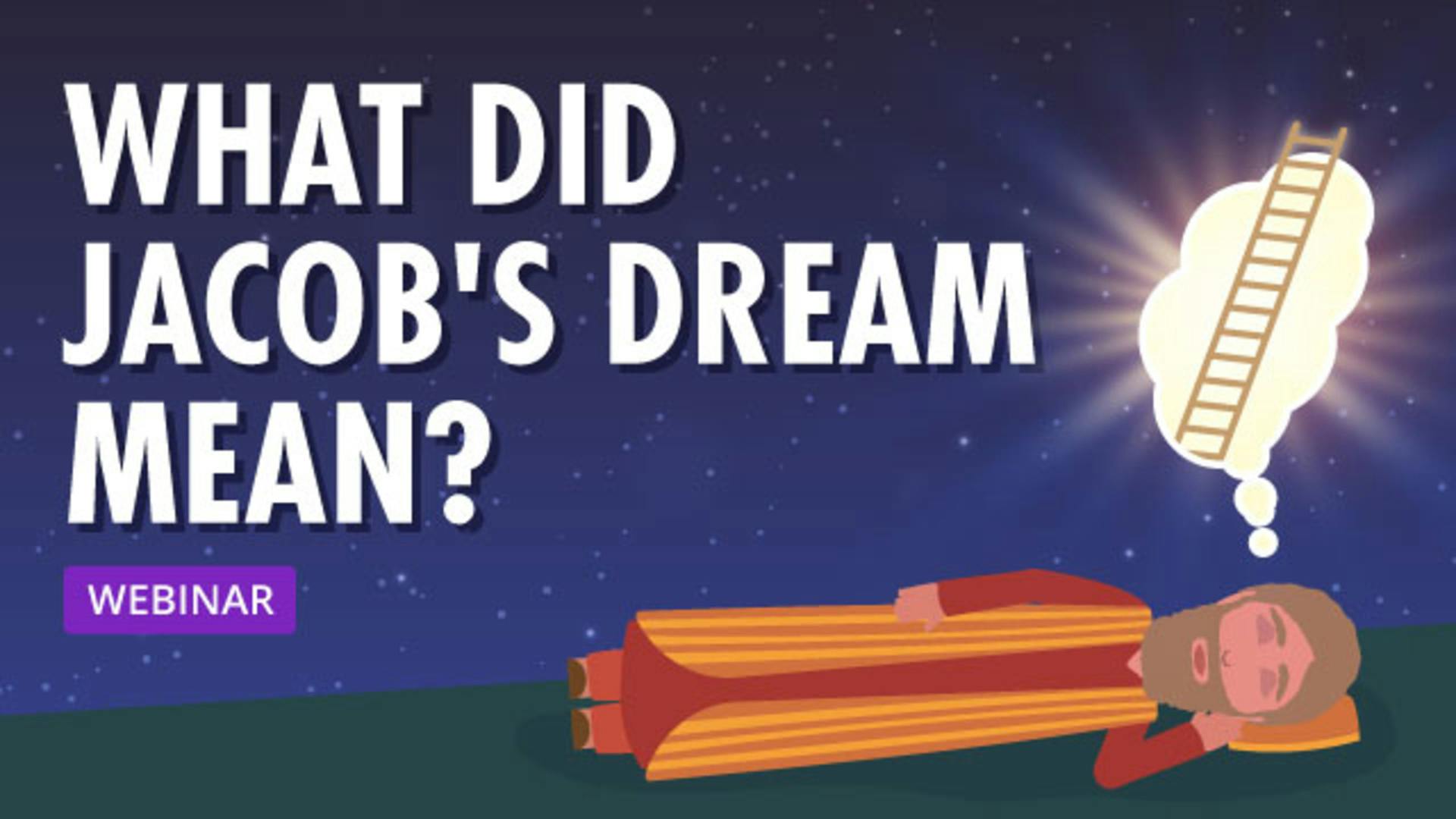
Jacob’s Dream [deeper dive]
In this six-part webinar, Rabbi Fohrman explores the true meaning of Jacob's Dream. What did it really mean?
Part 1 of 6 • 43 min

Jacob Falls in Love With Rachel
Was Jacob wrong to deceive his father Isaac and steal his brother Esau's blessing? The text doesn’t seem to tell us… or does it? Watch this video to find out.
8 min
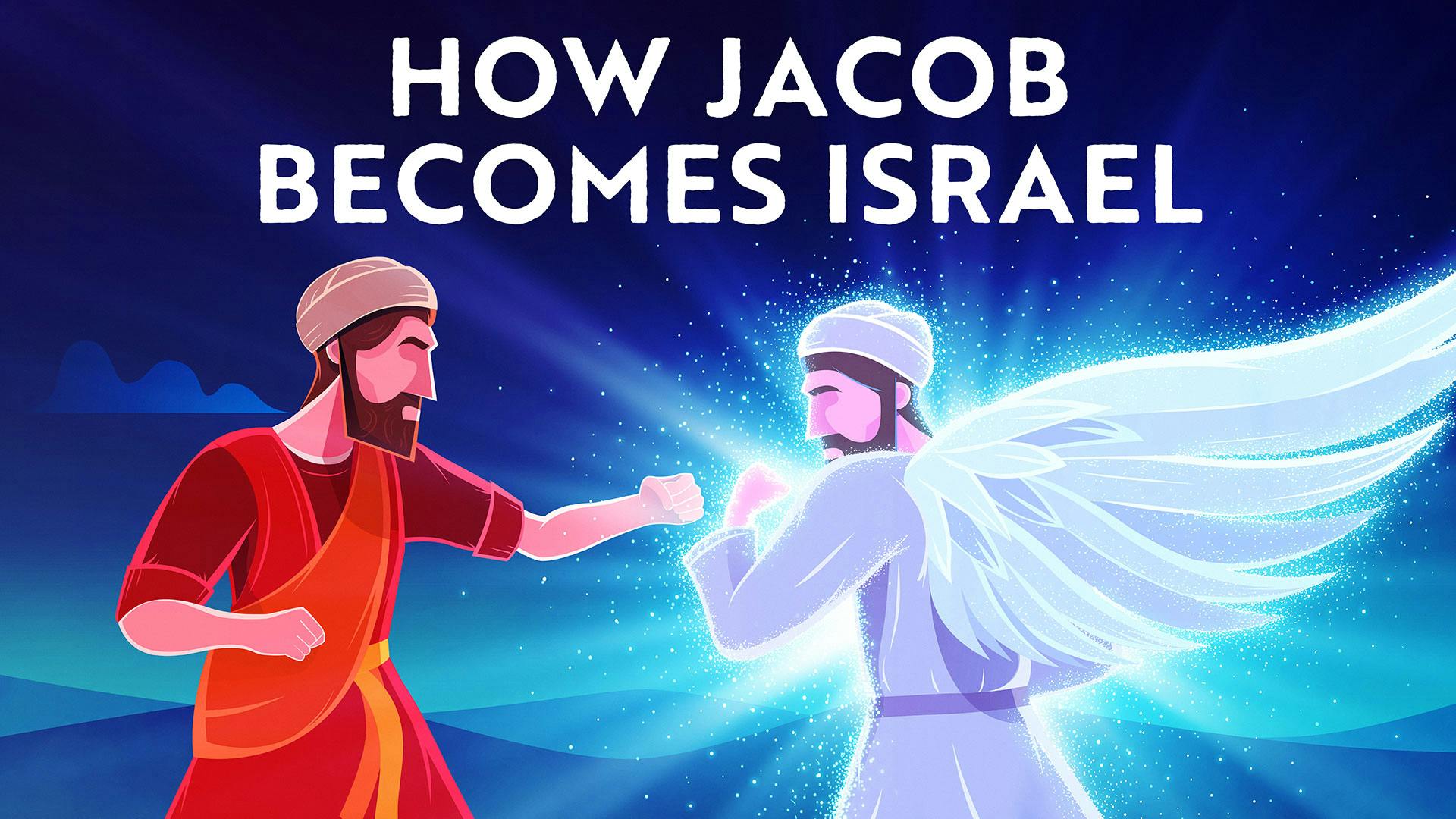
Jacob Wrestles With… A Man? An Angel? God?
Yisrael – Israel; the name of God’s chosen people. The name of the holy land. It might just be the most important name in the whole Torah. And it was given to Jacob... for winning a wrestling match? If you find yourself craving to understand the deeper significance of this name, this video is for you!
10 min

Jacob and Esau Reunite
In this video, Rabbi Fohrman notices a series of curious parallels between Jacob’s first encounter with Rachel at the well, and when he meets with his brother Esau. By comparing these two stories, Rabbi Fohrman uncovers an inspiring narrative about Jacob’s own growth and transformation that offers us a deep understanding into how Jacob regained his personal integrity to be called a “man of truth.”
8 min

Rape of Dinah
The rape of Dinah: it’s one of the most disturbing stories in the entire Torah, the kind that usually gets “skipped over” in school. But in this chilling video, we face Dinah’s rape head-on, asking the tough questions, and uncovering a shocking truth about Dinah, her brothers, and her father.
13 min

Joseph and His Brothers
The story of Joseph and his brothers is one of the most well-known in the entire Bible. And yet, the story – for all its familiarity and simplicity – is darker than the one we might remember learning as a child. Indeed, a sober reading of the text reveals that this is no child's story at all. What are we to make of this story of near-fratricide? What enduring meaning does it hold out to us?
Part 1 of 94 • 12 min
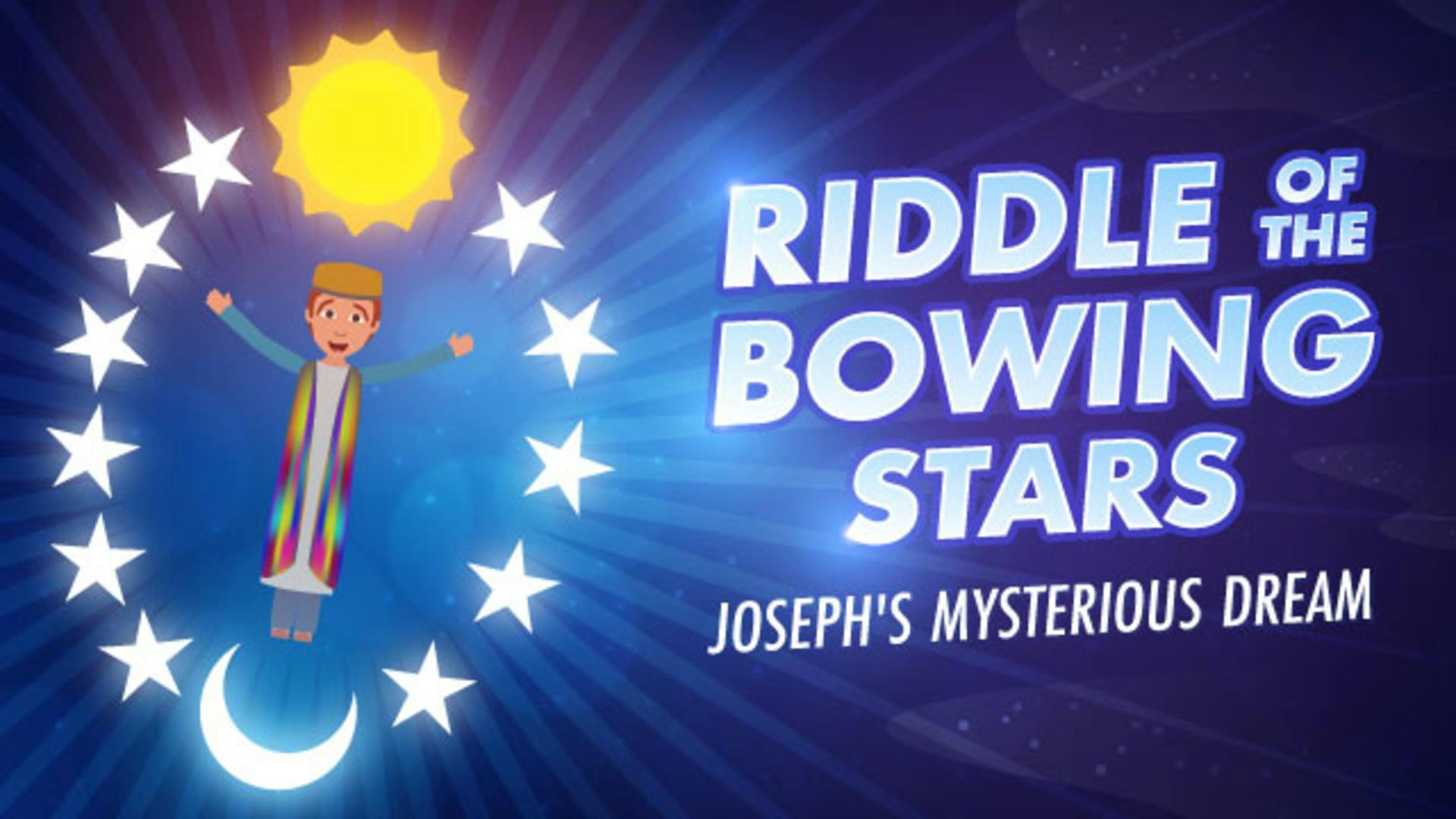
Joseph's Dreams
Joseph has some bizarre dreams through the story of Genesis. Rabbi Fohrman points out that up to this point in the Torah, only two people have ever had dreams – Jacob and Joseph, father and son. Is that a coincidence? If not, is there a relationship between father's dreams and son's dreams? Could understanding the relationship between the dreams reveal what the dreams truly mean?
Part 1 of 2 • 57 min

The Sale of Joseph
Although we grow up learning that the brothers sold Joseph, a closer look at the text, and at the accompanying Rashbam, complicates that understanding. In this week's parsha course, we unravel the sale of Joseph and discuss the implications of such a theory: what is blame? Where does responsibility begin? And most importantly, how do I make moral decisions?
11 min

Yehuda and Tamar
Is this a chapter in Genesis or an episode of Game of Thrones?! In Parshat Vayeishev the story of Joseph's drama with his brothers is put on hold for us to learn about Judah and Tamar's seemingly scandalous rendezvous. Why are we hearing about this story now? What does it mean and what can it possibly add to our understanding of the Joseph story?
11 min
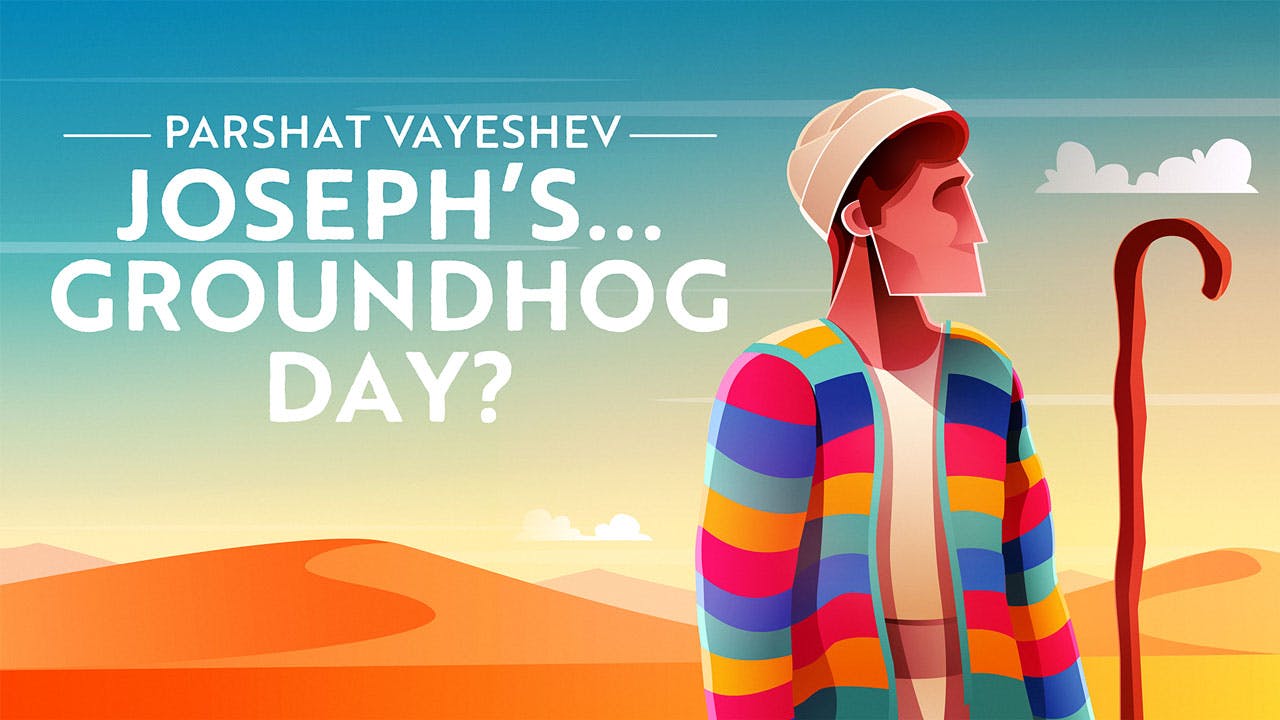
Joseph in Egypt
Someone’s got a grudge against Joseph. Joseph ends up in a pit, stripped of his clothes. The perpetrator presents Joseph’s coat as false evidence. Sounds like the story of the sale of Joseph, right? Wrong. It’s the replay of the sale of Joseph story. Oh, you didn’t know that there was a replay? Actually, there are three. All in Parshat Vayeishev. What does it all mean?
16 min
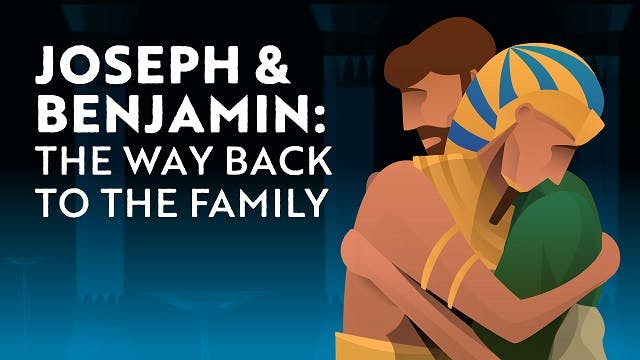
Joseph and His Brothers Reunite
In a final effort, Judah begs Joseph to let Benjamin go, using an interesting phrase: "The lad is unable to leave his father." Interestingly, that particular phrase comes up somewhere else in Genesis: in the Garden of Eden, following the union of Adam and Eve. But what could marriage possibly have to do with the drama of Joseph and his brothers in Egypt?
11 min

Jacob’s Burial in Canaan
When Joseph agrees to bury Jacob in Canaan, Jacob is relieved – why? What was Jacob worried about? In this video, the last parsha of Genesis, Rabbi Fohrman explores Joseph's tension between his commitments to Jacob and Pharaoh, and the meaning of his decision to bury Jacob in Canaan.
8 min
Exodus
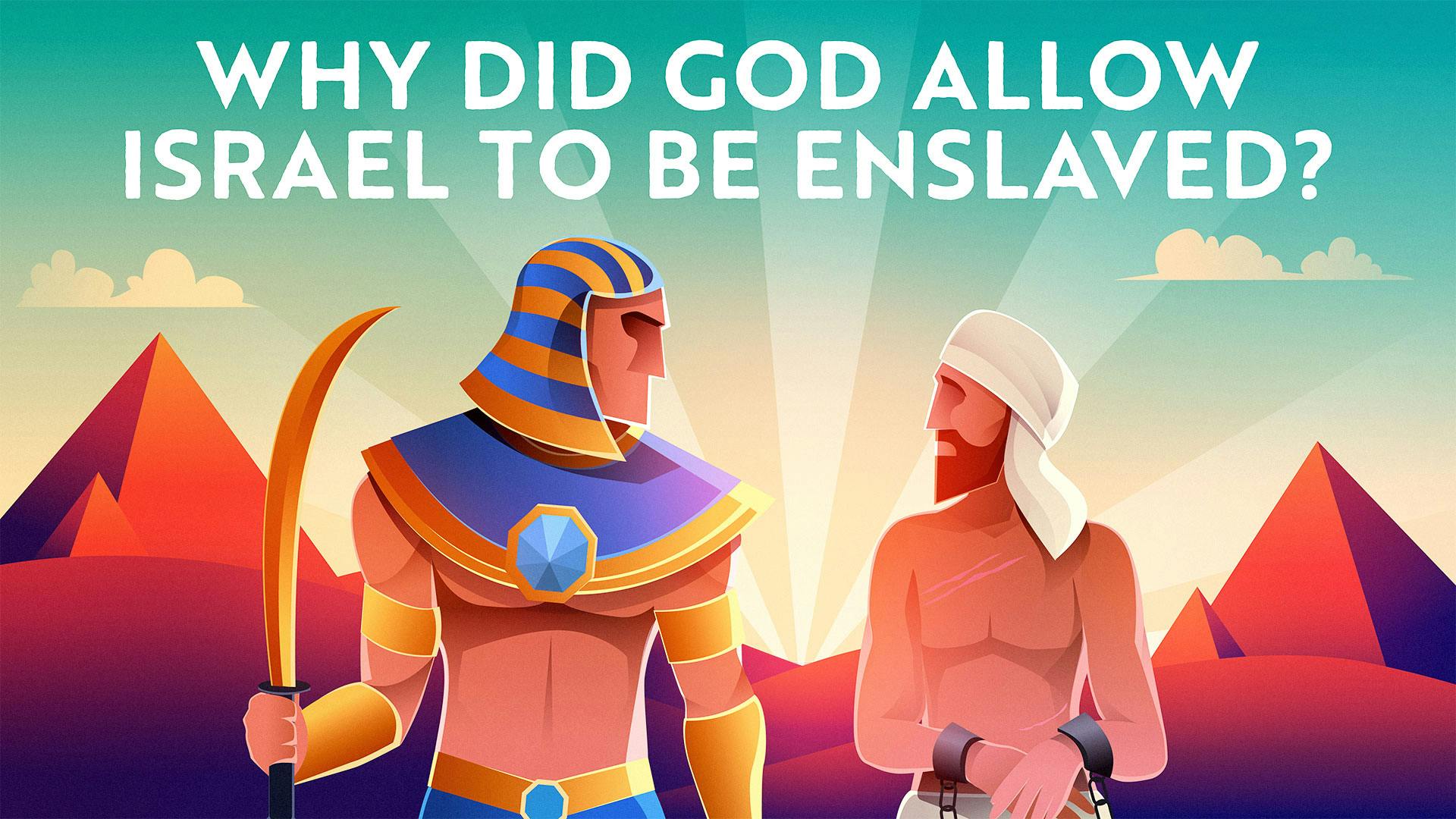
Israelites Are Enslaved
The Exodus story is gripping, emotional, and exciting. But...isn't it also deeply theologically troubling? God freed us from slavery, yes - but why did God allow the Israelites to become enslaved in the first place? Why not skip the whole slavery part, and go straight to the happy ending? Join Rabbi Fohrman on the search for answers, and a deeper understanding about how much we have to be thankful for.
Part 1 of 5 • 8 min

Pharaoh’s Daughter Saves Baby Moshe [short and sweet]
In this video, we explore the strange midrash in which the arm of Pharaoh's daughter stretched through the river to fetch Moses. Why do the Sages tell us such an odd story? Rabbi Fohrman argues that we need to put ourselves into the eyes of Pharaoh's daughter, and help us see that when we want to achieve something, God will help us find a way to do it.
6 min

Pharaoh’s Daughter Saves Baby Moshe [deeper dive]
In this video, Rabbi Fohrman is joined by Adam Mintz, Director of 929 English, for a discussion about the role of Pharaoh's Daughter in the story of Yetziat Mizraim. This discussion was recorded live on Zoom, June 25, 2020.
1 hour, 17 min
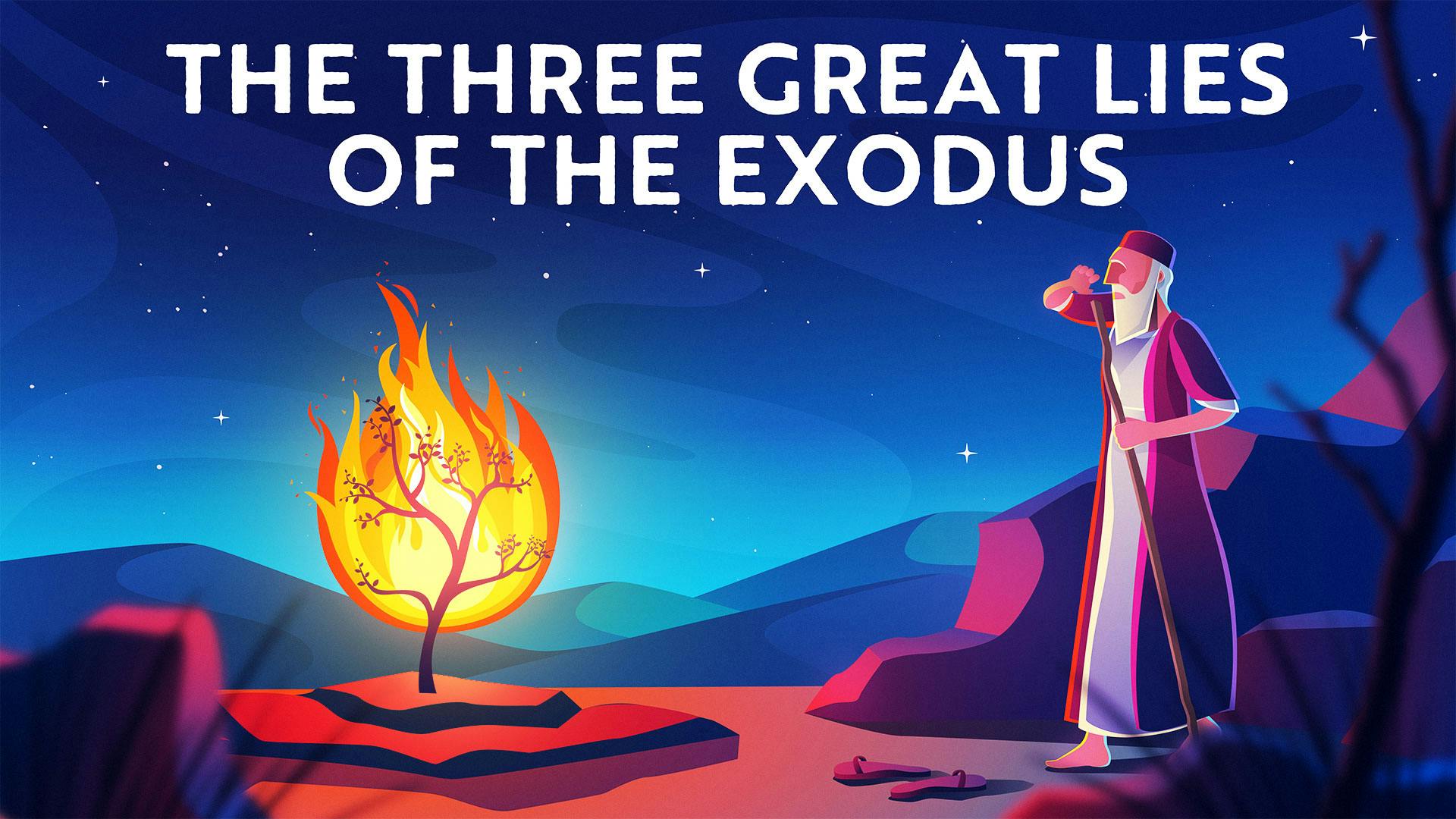
The Burning Bush and the Three Signs
At the burning bush, God gave Moses three signs to show the People of Israel that He is in fact with them. Was there any significance to these 3 signs, or did God randomly select three signs? Also, were the signs even effective? Join Rabbi Fohrman as he takes a closer look at these three signs from God.
Part 1 of 7 • 10 min
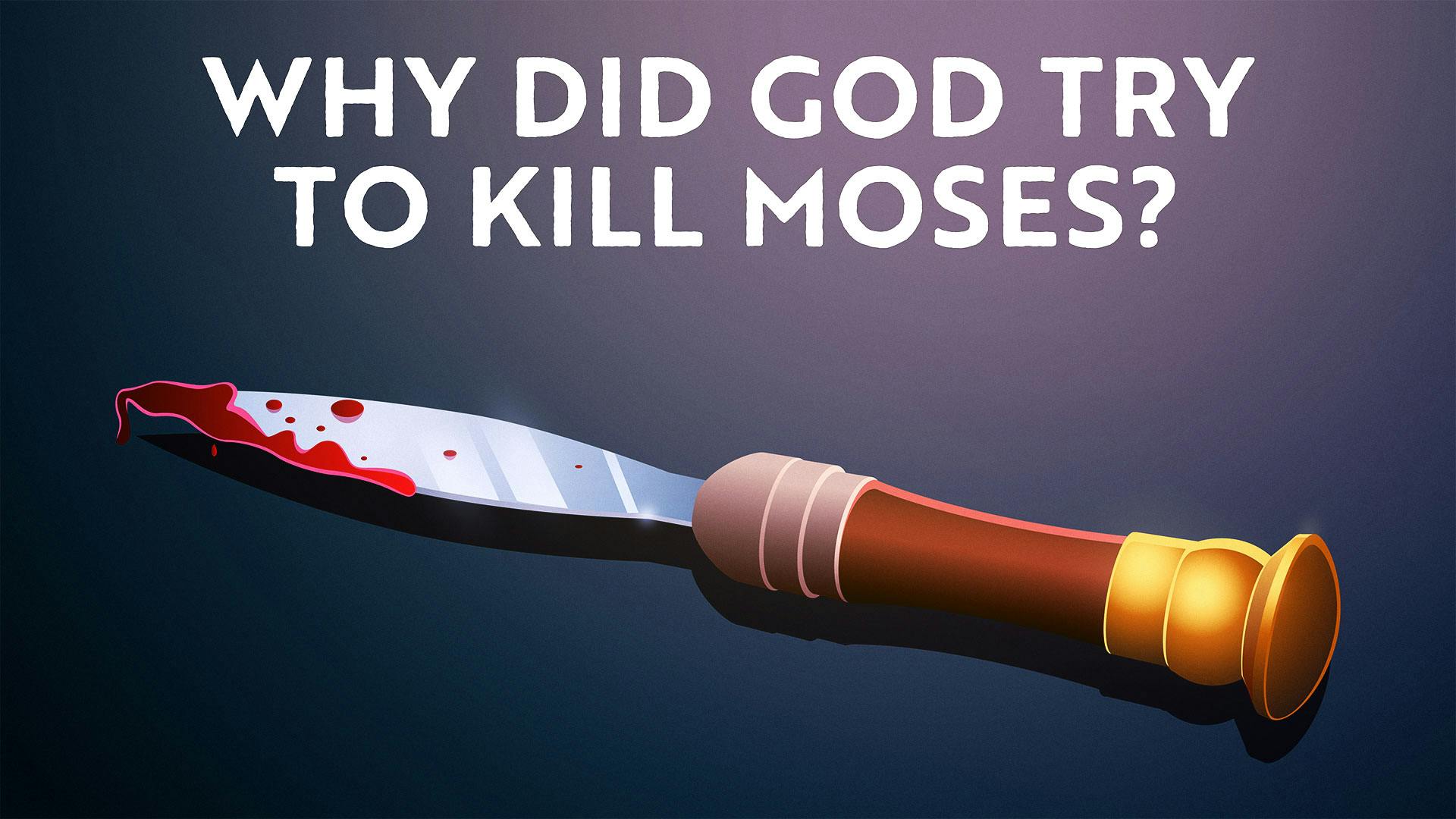
God Tries to Kill Moses?!
Every hero has an origin story. We are all familiar with Moshe’s origin story. But there is one episode in the story that actually seems quite unfamiliar. On the road back to Egypt with his wife Tzipporah and their two sons, Moshe and his family stop at an inn when the strangest thing happens. God tries to kill Moses! Fortunately, level-headed Tzipporah saves the day by circumcising their second son and then the story suddenly ends. (Yes, this is a real story from the Chumash! Look it up! It’s Exodus 4:24-26.) What a strange story! God was the One who sent Moses to Egypt. Moshe was doing what God told him to do! So why would God try to kill him?! Talk about shooting the messenger! In this newly remastered and reanimated video series, Rabbi Fohrman weaves an interpretation of this story into a larger, magnificent tapestry shedding new light on our origin story - The Exodus.
Part 1 of 6 • 14 min
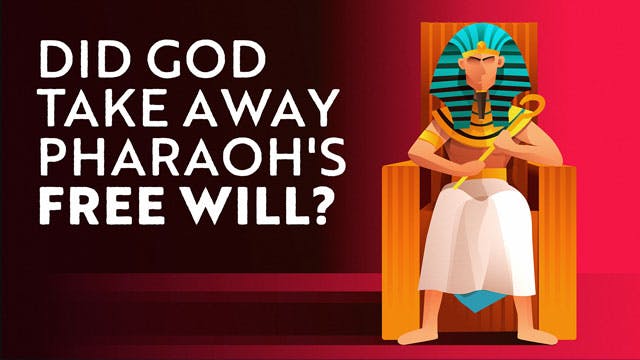
The Ten Plagues [short and sweet]
At first glance, it seems like God took away Pharaoh's free will when he hardened his heart – how could He do such a thing? In this video, we explore the different words used by the Torah – kaved and chazek. Rabbi Fohrman argues that this language shows that God did allow Pharaoh to pursue his free will, even if the vision was in defiance of God.
8 min
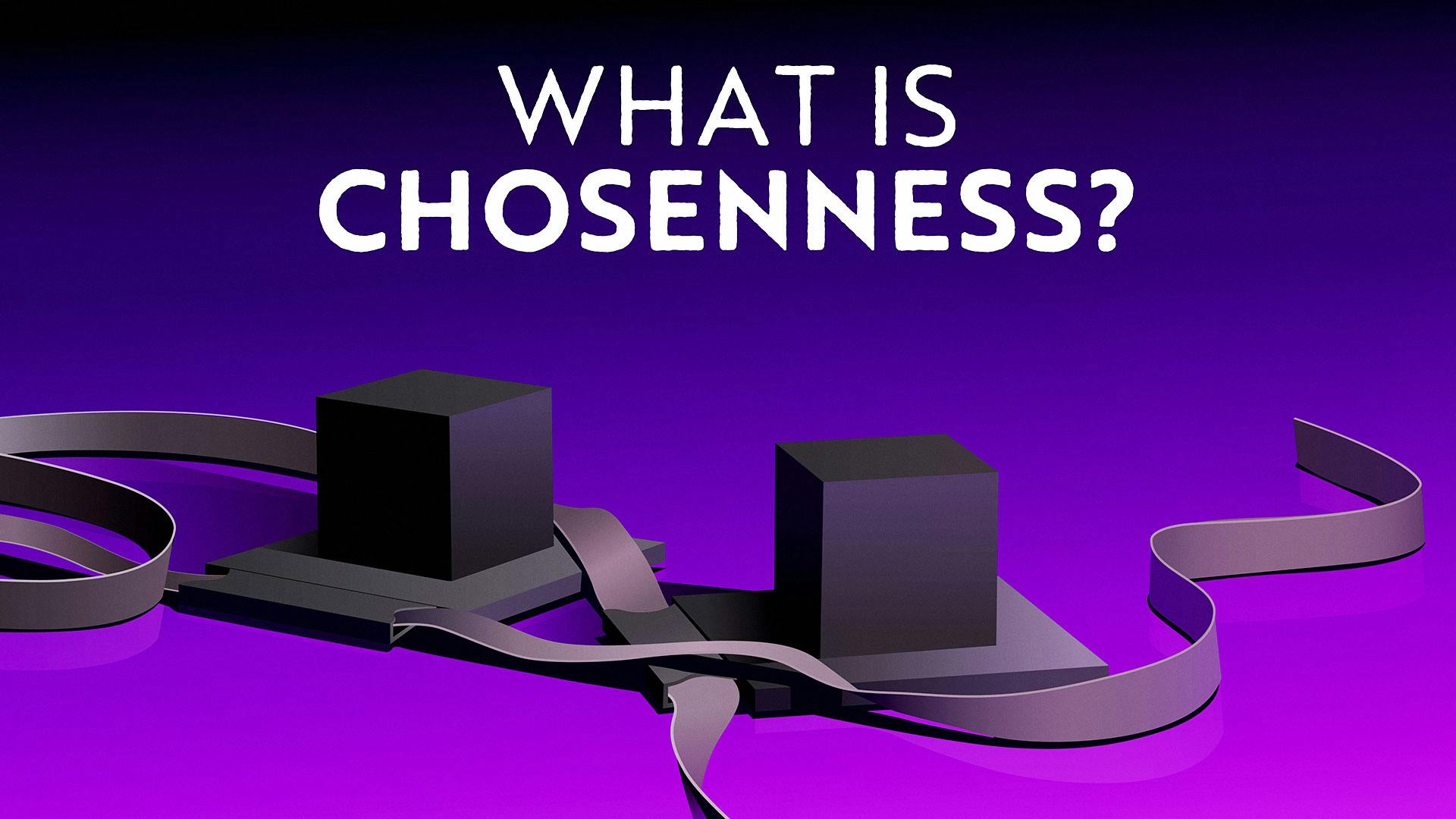
The Ten Plagues [deeper dive]
If you were God, would it really have taken you ten plagues to get the Jews out of Israel? This multi-part course delves into the challenging concept of chosenness, exploring how Passover and the ten plagues reveals our deeper purpose as a people and the unique role Israel plays in God's plan.
Part 1 of 8 • 8 min
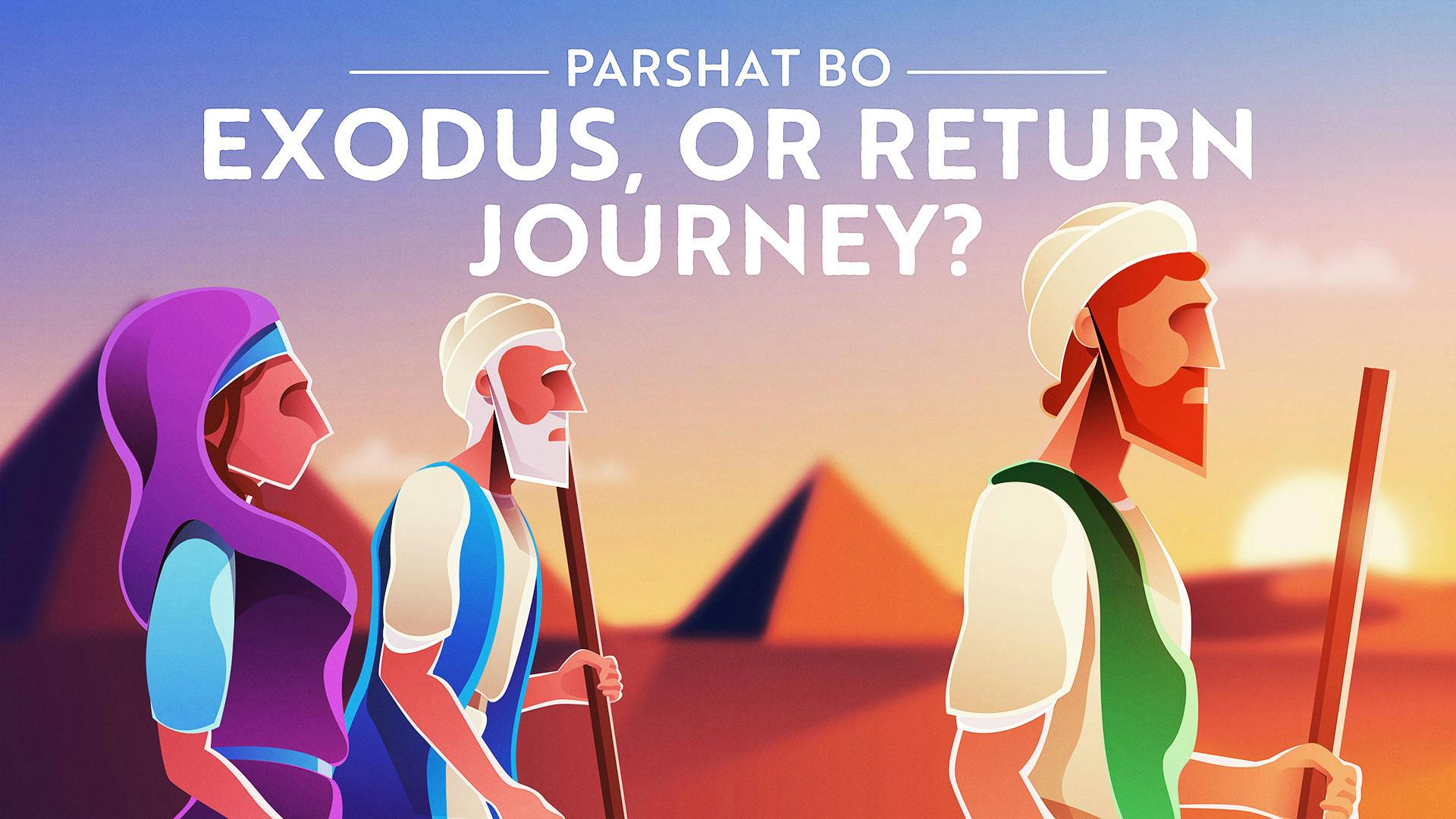
The Israelites Flee from Egypt
We all know the famous story of the unleavened bread- the Israelites had no time to let their dough rise as they ran out of Egypt, so they took their dough and let it bake on their backs as they fled. But why do we need to hear about this minute detail? As a matter of fact, there are a number of seemingly odd phrases in the verses describing Israel's exodus, and they all seem to lead us to one particular place in the Torah: Judah's plea to Jacob to let Benjamin go down to Egypt so that they could get grain. Join Rabbi Fohrman as he helps uncover the mystery between two seemingly separate stories, and see how we got there, and back again.
17 min

The Splitting of the Sea [short and sweet]
In this video, Rabbi Fohrman introduces us to a very strange midrash, which tells us that as the nation of Israel walked through to freedom, there were fruit trees surrounding them, and explains that a parallel story, early in Genesis, is a clue to understanding this midrash.
Part 1 of 2 • 9 min

The Splitting of the Sea [deeper dive]
All over the Torah, we see a running theme – where water goes, Miriam soon follows. But what is the odd relationship between the life force of water, and Miriam the prophetess?
Part 1 of 4 • 25 min

Song at the Sea
After crossing the Sea of Reeds, the nation of Israel sings a song of thanksgiving – but then Miriam leads the women in a second song. Why? In this video, Rabbi Fohrman uncovers a story about what it means to truly have faith.
14 min
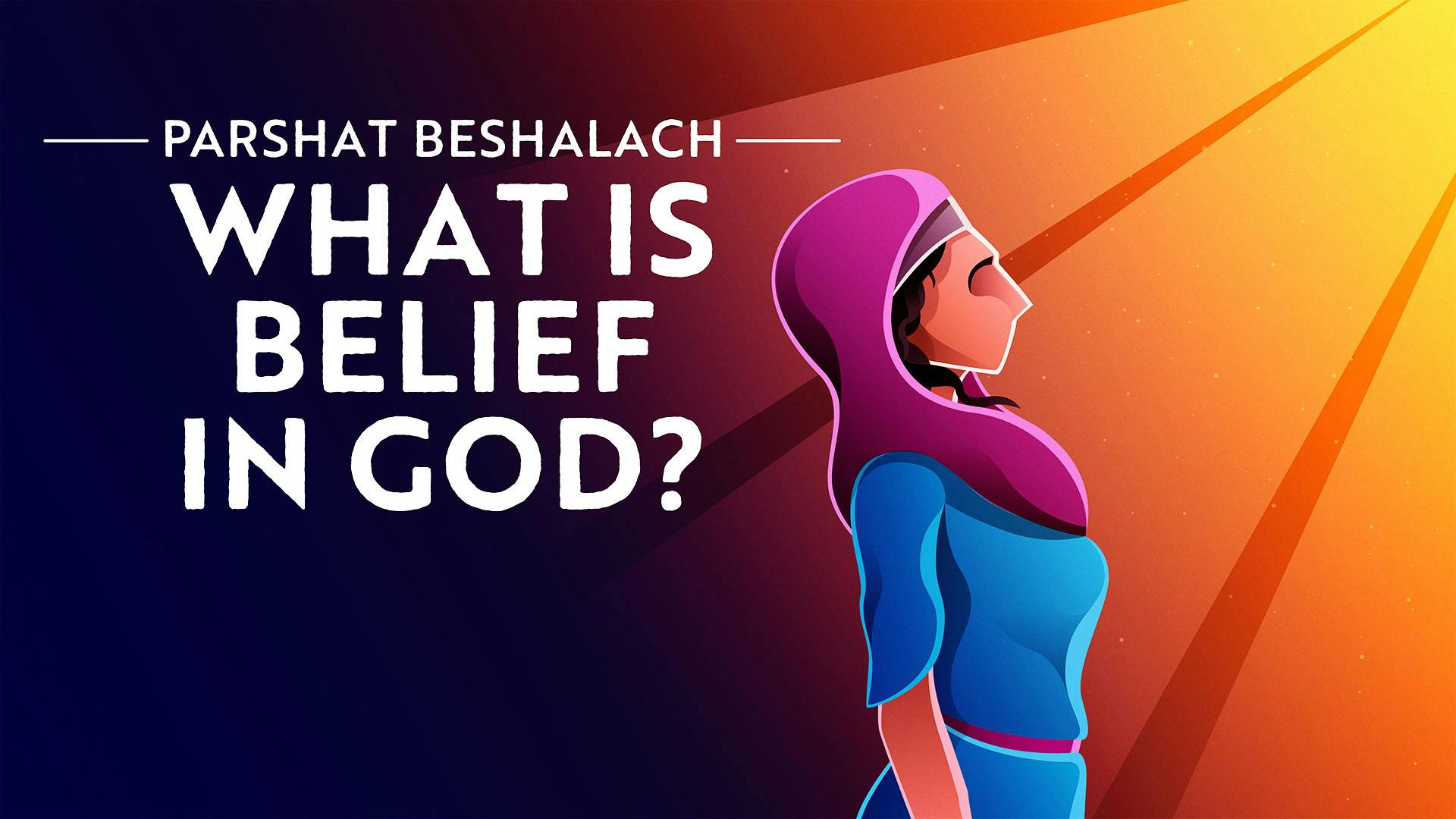
The Bitter Waters [short and sweet]
After the Exodus from Egypt, we hear that the nation believed in God, and in Moses, his servant. But suddenly, over and over, they panic and struggle with their faith in God. So what kind of belief in God was that? They lost their faith in an instant? Join Rivky as she explores these stories, and the difficult concept of what it means to truly believe in God.
12 min
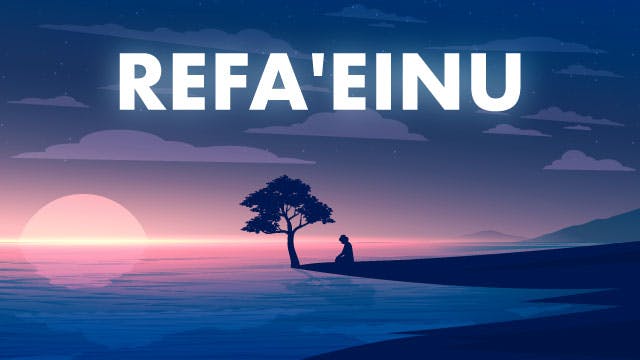
The Bitter Waters [deeper dive]
Refa’einu is a plea for health found in the Shmoneh Esrei prayer. As the world continues to battle COVID-19, what better text to turn to for spiritual guidance. But when you take a close look at this prayer, something remarkable emerges. Refa’einu has an unexpected connection to Sefirat HaOmer, the period on our calendar that marks the time between the Exodus from Egypt and the giving of the Torah. Could understanding the deeper meaning of the Omer somehow help us understand Refa’einu? Could this connection help us learn to relate to God as our healer? In this course, Rabbi Fohrmand and Immanuel Shalev take a deep dive into Refa’einu and its Torah references, to shed light on what it means to truly heal, emotionally and spiritually--with empowering implications for us today.
Part 1 of 9 • 26 min
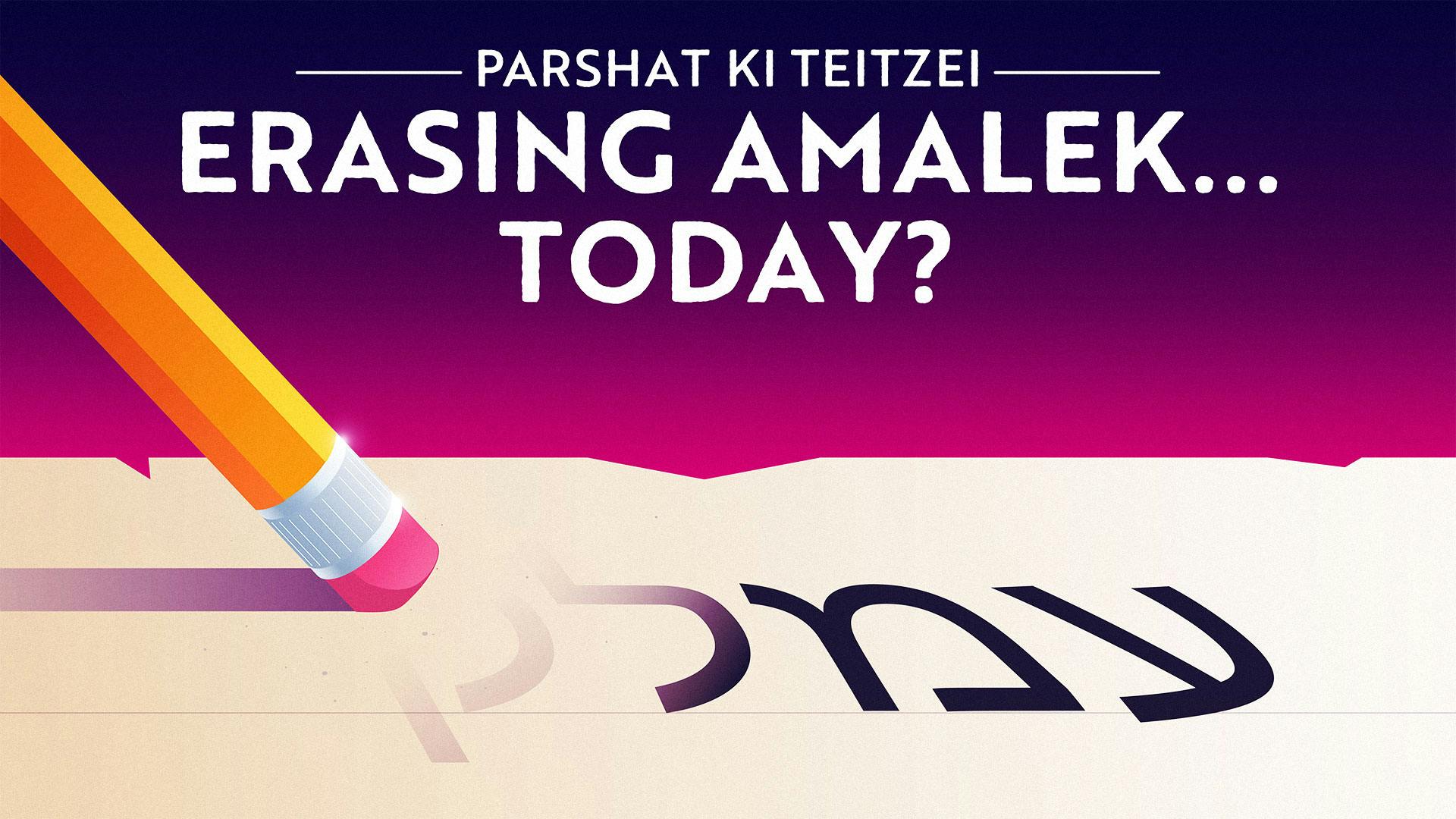
The Battle With Amalek [short and sweet]
The mitzvah to erase Amalek's memory is both troubling and confusing. But what if there's more to it than meets the eye? This video will give you a whole new understanding of what this mitzvah means.
15 min

The Battle With Amalek [deeper dive]
Antisemitism. Where did it all originate and can we trace it through the Tanahk? Rabbi Fohrman argues that it may have begun with the story of Amelek, which is widely known as one of the most mystifying and difficult episodes in the Torah.
Part 1 of 11 • 1 hour, 23 min
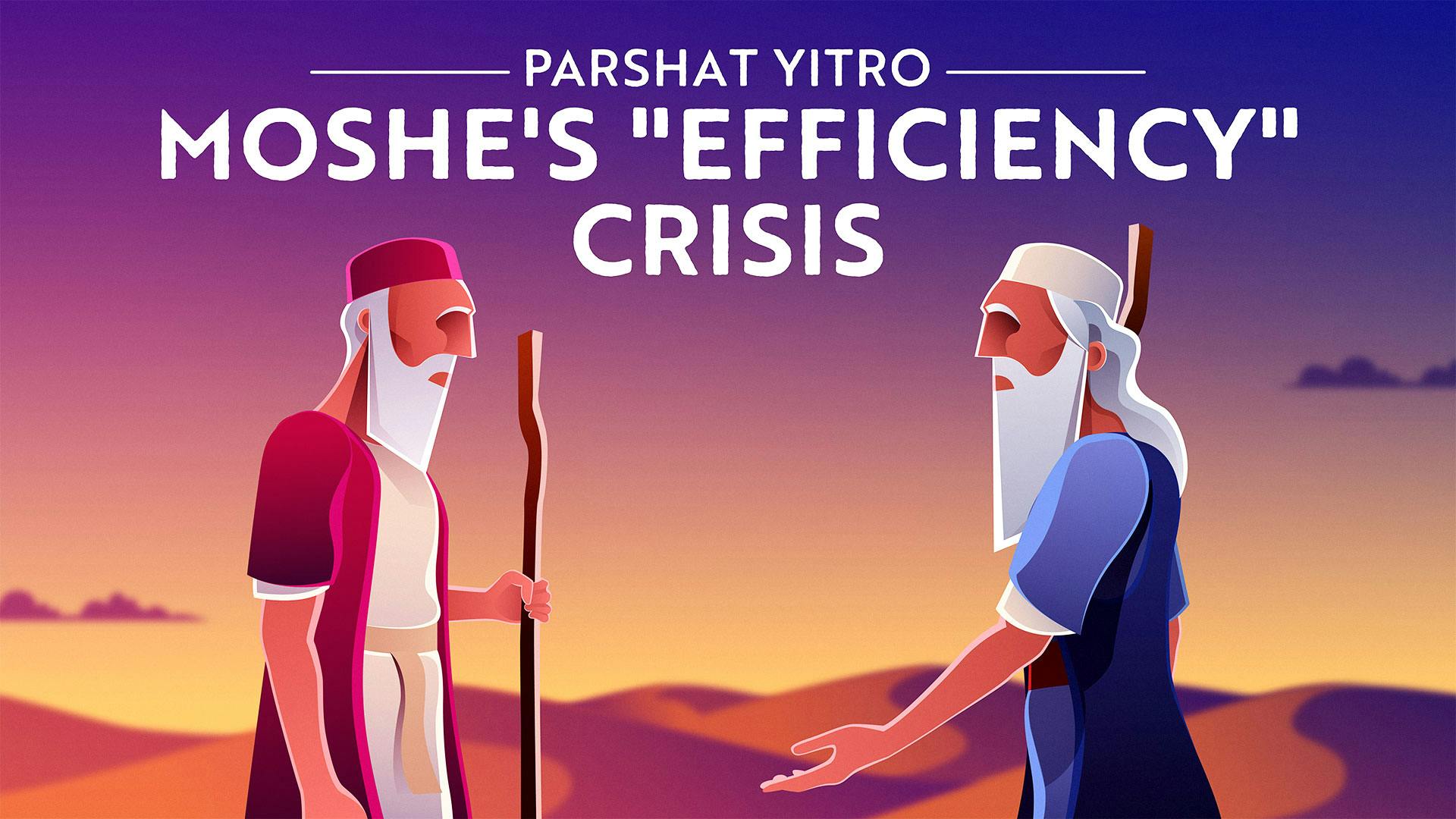
Yitro Advises Moses
It wasn't good for Moshe to judge alone. And it wasn't good for Adam to be alone in the Garden. Coincidence? Watch and find out the real lesson behind Jethro's (or Yitro) leadership advice to Moses.
15 min
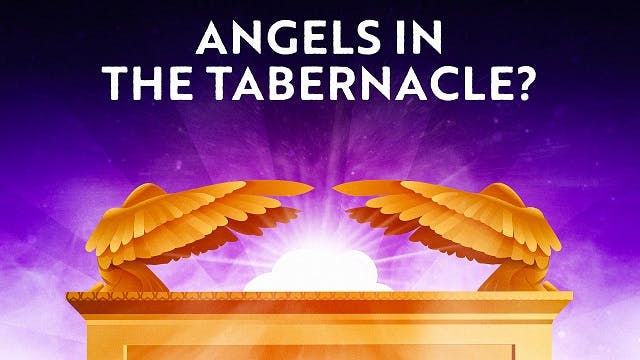
Building the Mishkan (Tabernacle)
The keruvim, or cherubs, appear in the Tabernacle in three different places. This week, Rabbi Fohrman asks, what is the meaning of the keruvim? To answer, he brings us back to the original keruvim, who guarded the Garden of Eden after we were expelled.
Part 1 of 2 • 11 min

The Golden Calf [short and sweet]
Moshe’s negotiation with God in the aftermath of the Golden Calf is an extreme example of prayer changing God’s will. Moshe passionately argued with God over His decision to wipe out the Israelites, and shockingly, God listened. Where did Moshe get the chutzpah to tell God what to do – and why did God agree?
Part 1 of 2 • 12 min
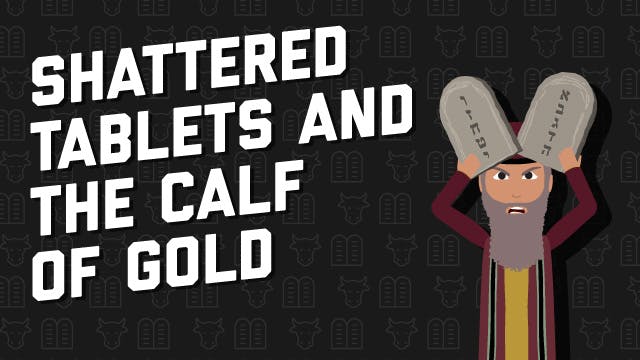
The Golden Calf [deeper dive]
We're all familiar with the Golden Calf story, but there are some glaring questions we rarely address. For example, how could Israel possibly believe that the calf brought them out of Egypt, after seeing the spectacular ten plagues and splitting of the sea? In this 12-part series, Rabbi Fohrman studies the Golden Calf story in depth to search for answers.
Part 1 of 12 • 57 min
Leviticus

Death of Nadav and Avihu
In this week's parsha, we see the sudden and disturbing death of two of Aaron's sons, Nadav and Avihu. In exploring the text more closely, what earlier Biblical story shows parallel themes and language to this story, and what is the meaning behind this connection?
11 min

Aaron Responds to the Death of His Sons
In this week's video, Rabbi Fohrman tackles a very strange scene: after the sudden death of Nadab and Abihu, Aaron's two sons, Moses gets in a disagreement with Aaron's other two sons about a sacrifice they bring. What is this argument fundamentally about, and what are we meant to learn from it about overcoming loss?
11 min

The Mekallel (Blasphemer)
Rabbi David Fohrman and Imu Shalev study the tale of the blasphemer, a dark and puzzling episode buried deep in Leviticus. The details of this story are scarce: an anonymous man provokes a fight in the Israelite camp, curses God, and ultimately is stoned to death as punishment. But a close read of these few short verses sends Rabbi Fohrman and Imu on a surprising journey, raising provocative moral questions about God’s judgment and uncovering an unlikely connection between the condemned blasphemer and one of the Bible’s greatest heroes.
50 min
Numbers

The First Census
In this video, Rabbi Fohrman points out a textual oddity - why does the Torah use two different words for "to count," and what do they each indicate? Through a deep analysis of the terms, we will come out with a stronger understanding of what it means to be an individual, but still part of a larger community.
12 min

The Israelites Reject the Manna
In this week's parsha, we reach the tipping point, where the nation of Israel begins their downfall, leading to 40 years wandering in the desert before being allowed into the land of Israel. What happened? How did everything fall apart? Rabbi Fohrman explores this question with the backdrop of the garden of Eden, explaining that this week isn't the first time God has given us food from Heaven, and we have rejected it.
14 min
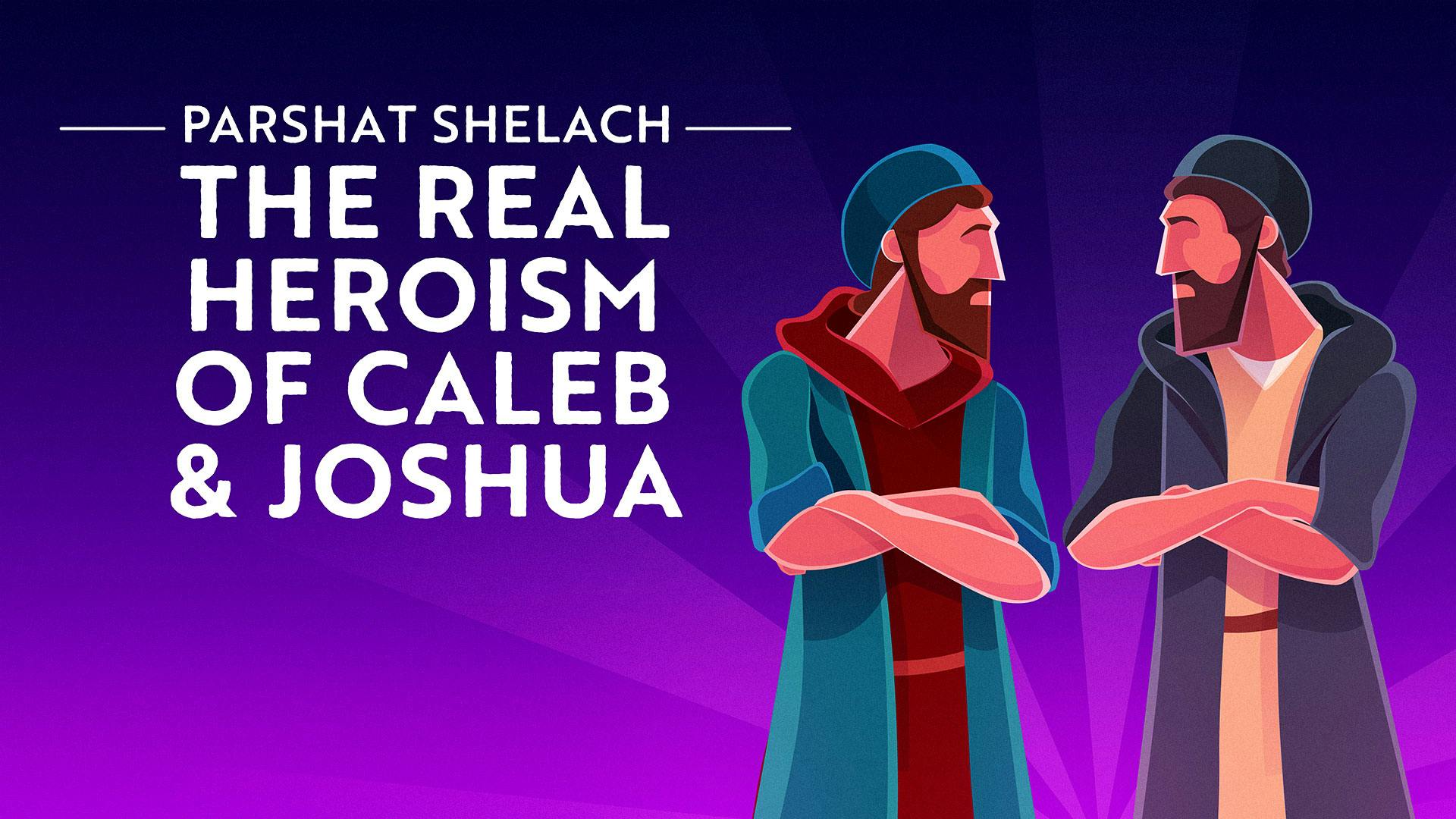
The Sin of the Spies [short and sweet]
Ten spies brought back an evil report about the land. Two – Caleb and Joshua – courageously spoke up. Their little speech was no doubt stirring, but… would you say that Caleb and Joshua were heroes? Because – reality check – they didn’t accomplish anything. Nobody listened to them! So it seems. But it turns out that Caleb and Joshua accomplished something monumental on that day. Find out what it was…
Part 1 of 2 • 14 min
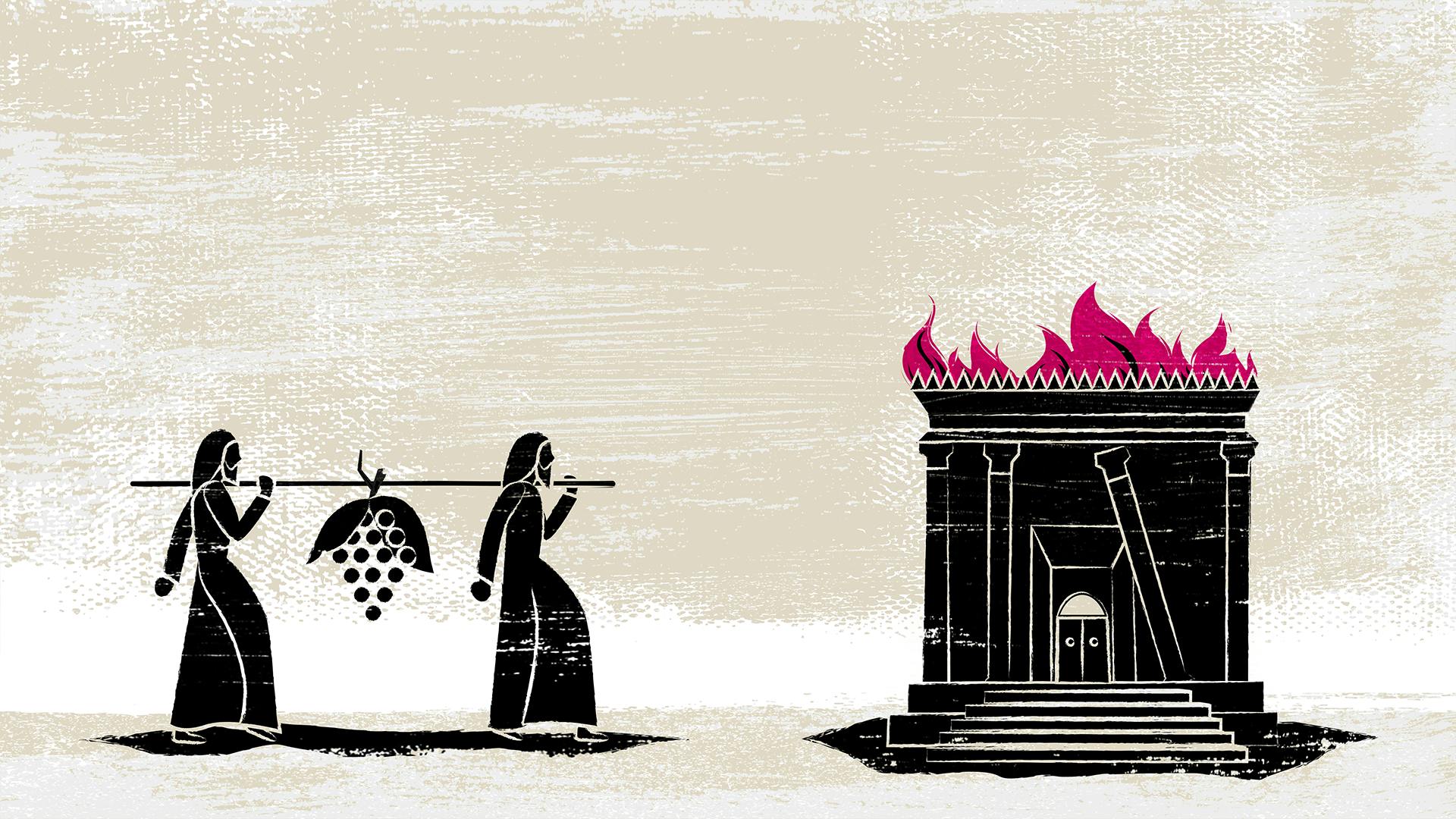
The Sin of the Spies [deeper dive]
The Talmudic Sages tell us that the first great tragedy to occur on Tisha B'Av was the sin of the spies in the desert. How can this seemingly unrelated event help us understand the deeper reasons for the Temples’ destruction?
Part 1 of 6 • 10 min

Korach’s Rebellion
Korach’s rebellion is part of a series of mistakes by the Israelite people in this section of Numbers, Bamidbar. This week, Rabbi Fohrman asks us, in addition to our struggle over the actions of Korach, why does this story happen here? What does the context, and language clues, teach us about the larger meaning of the story of Korach’s rebellion.
14 min
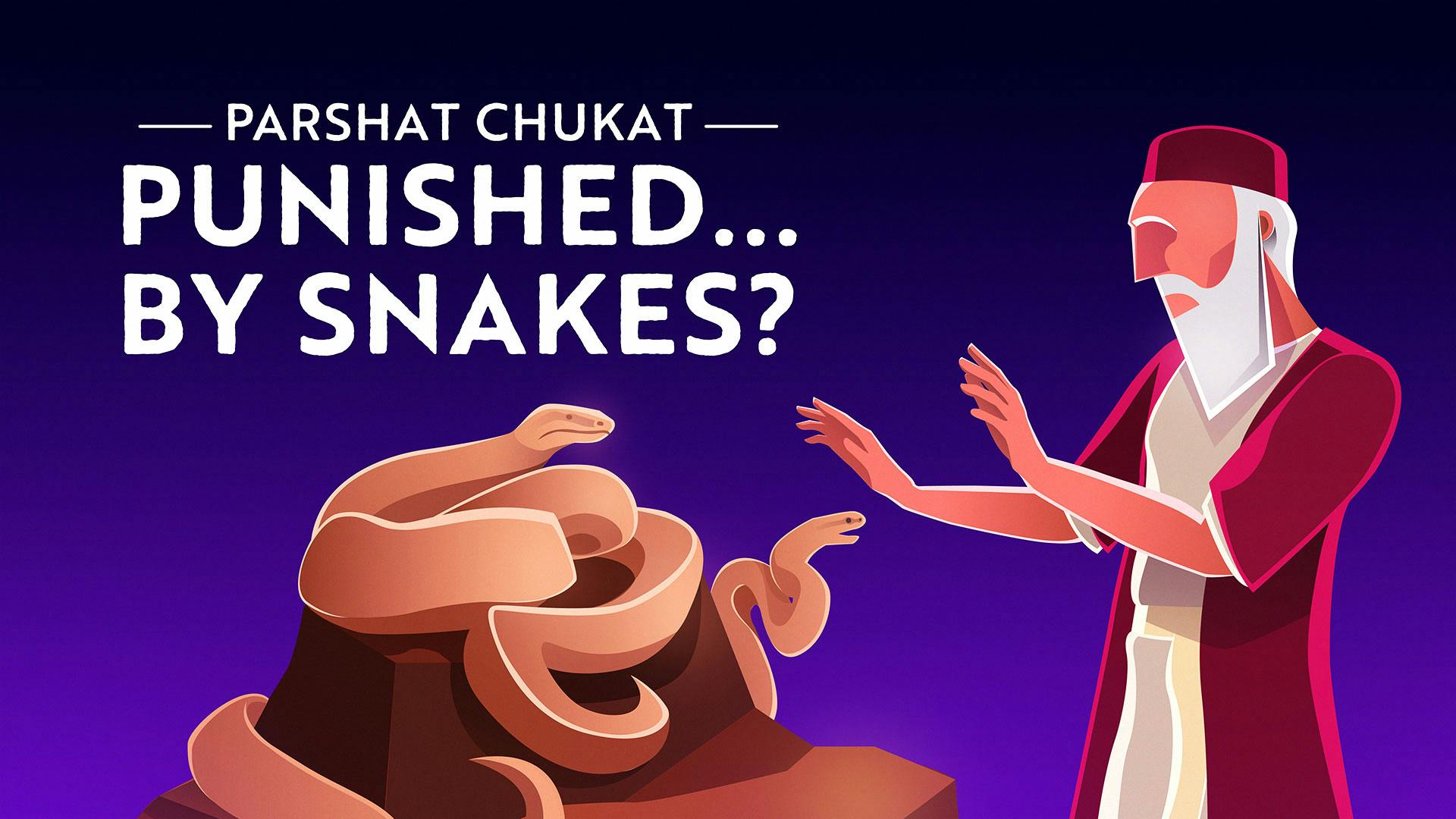
God Punishes the People With Snakes
Crime: Complaining about food. Punishment: Attacked by snakes. Sound extreme? Sound random? It's not. Find out how here.
15 min

The Death of Miriam
In this week’s Torah portion is the famous story of Moses hitting the rock to get water and God subsequently barring him from leading the nation to the land of Israel. Why would Moses do that? What was his thinking? This week, we will explore this question in the context of water, Miriam, and the question of what it means to have faith.
16 min

Moses Strikes the Rock [short and sweet]
In this week's parsha, we are introduced to the strange episode of Moses hitting the rock. Because of this small infraction, we are told, Moses will not be entering the land with the people of Israel. Why? What was the small act of Moses talking to the rock meant to teach the people of Israel?
14 min

Moses Strikes the Rock [deeper dive]
All over the Torah, we see a running theme – where water goes, Miriam soon follows. But what is the odd relationship between the life force of water, and Miriam the prophetess?
Part 1 of 4 • 25 min
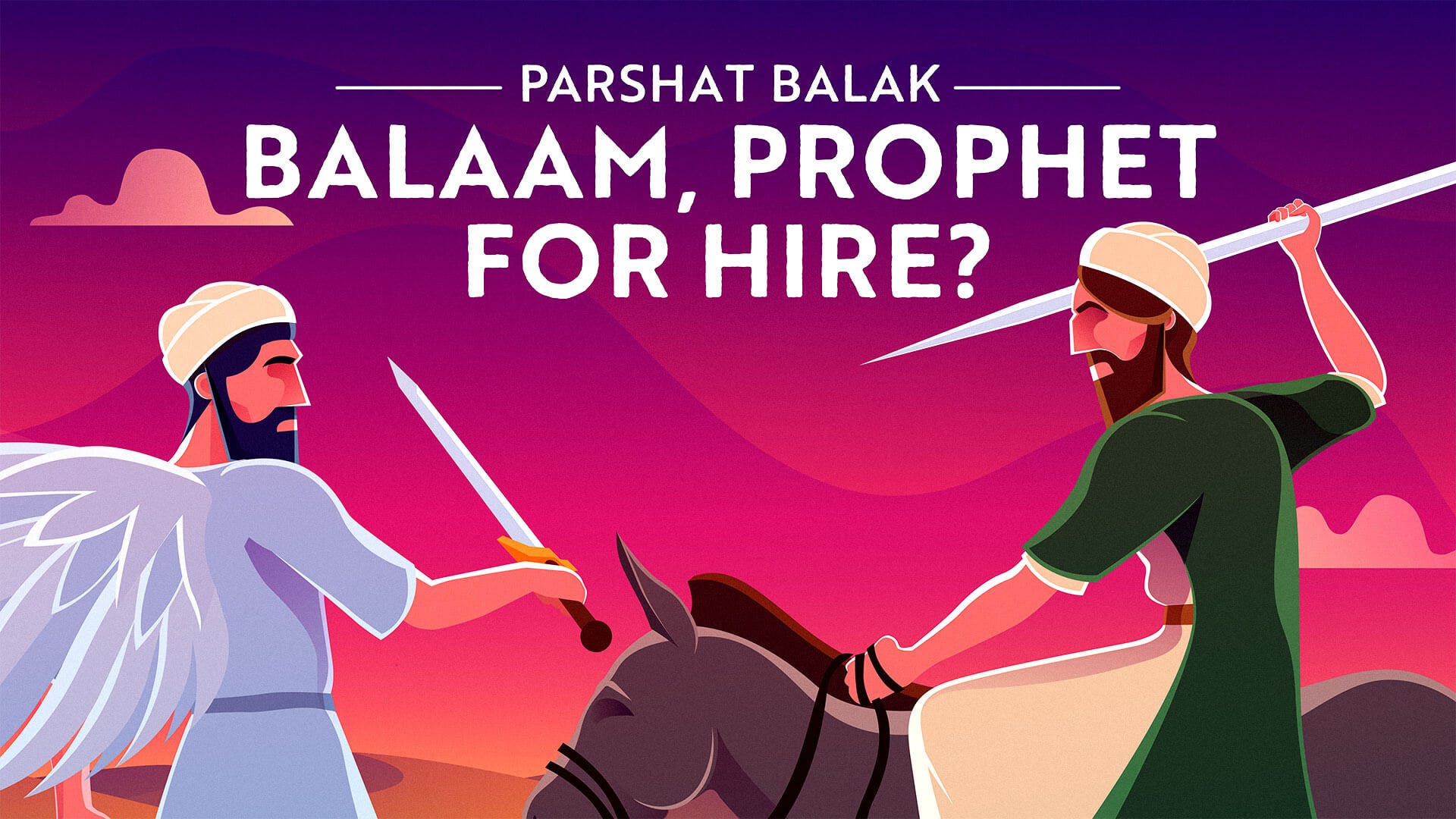
Balak Hires Balaam
Rabbi Fohrman explores a mysterious Mishnah, in which Abraham and his students are compared to Balaam, the prophet in Parashat Balak, and his students. Why do the Sages make this odd comparison, and what is the message they want us to uncover?
13 min

Balaam Blesses the People
This week, we ask an incredibly broad question: what is the purpose of the nation of Israel in this world? To answer this, Rabbi Fohrman points out a fascinating connection between the three blessings Balaam (accidentally) gives the nation of Israel and the three blessings God gives to Abraham in Genesis. These links, Rabbi Fohrman argues, provide incredible insight into our purpose and our destiny, as a nation, and how we can bring God's blessings into the world.
12 min
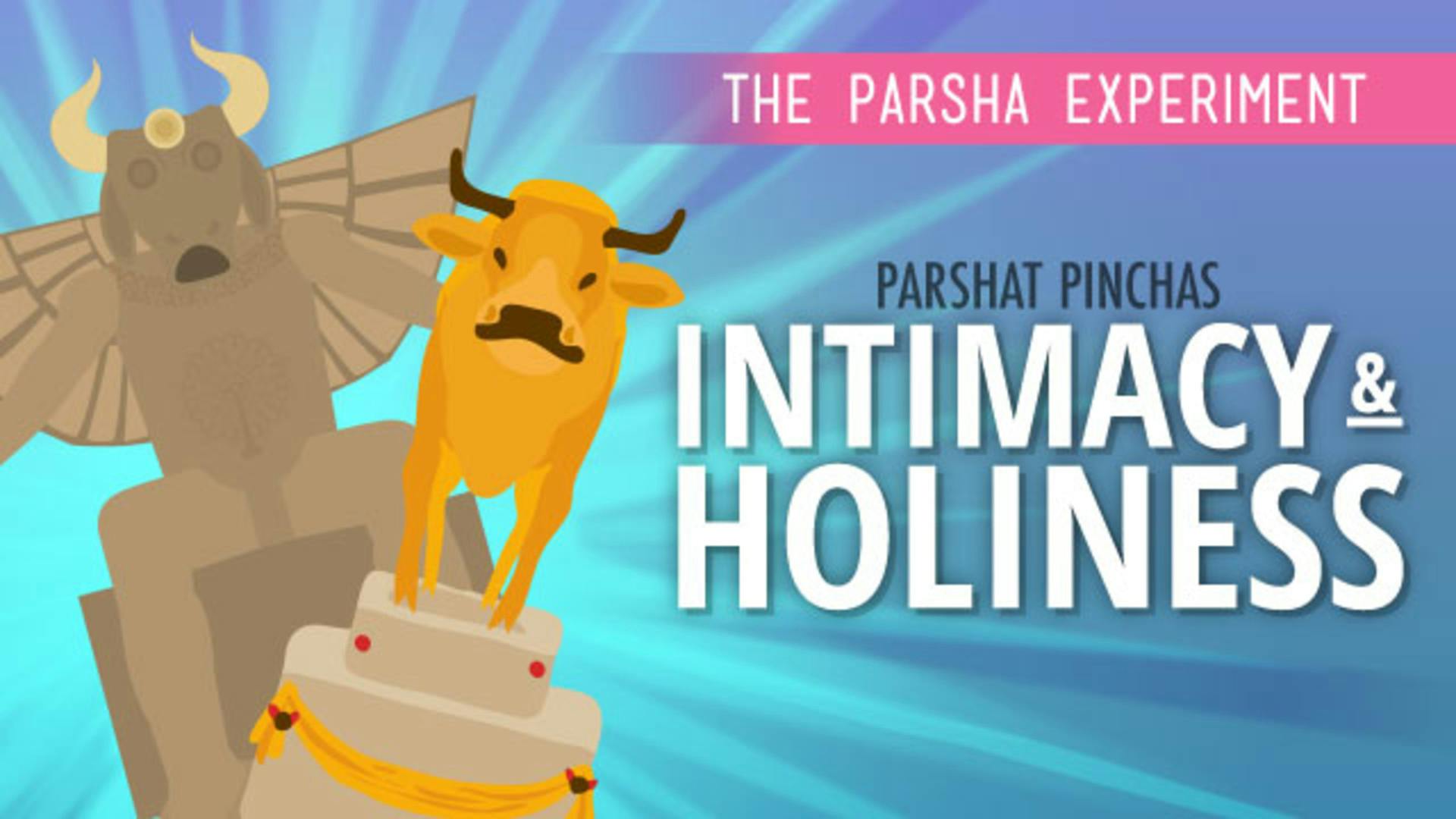
The People Worship Ba’al Pe’or
We’ve seen the people sin over and over, but it looks like last week, the people finally began to trust in God. But now, suddenly, idolatry? What happened? How did the people fail so quickly? Join us as we explore the perplexing story of Ba’al Peor.
11 min

Pinchas' Zealotry
The midrash tells us that Pinchas, the title character of this parsha, and Eliyahu, the prophet of Kings, are one and the same. In this week's parsha video, Rabbi Fohrman compares these two characters and asks, what does it mean to be zealous for God?
14 min
.jpg?ixlib=gatsbyFP&auto=compress%2Cformat&fit=max&rect=0%2C0%2C1920%2C1080&w=1920&h=1080)
The Daughters Of Zelophehad [short and sweet]
Do you know the best way to ask for something from God? The daughters of Zelophehad do. Click here to learn the secret of their success.
15 min
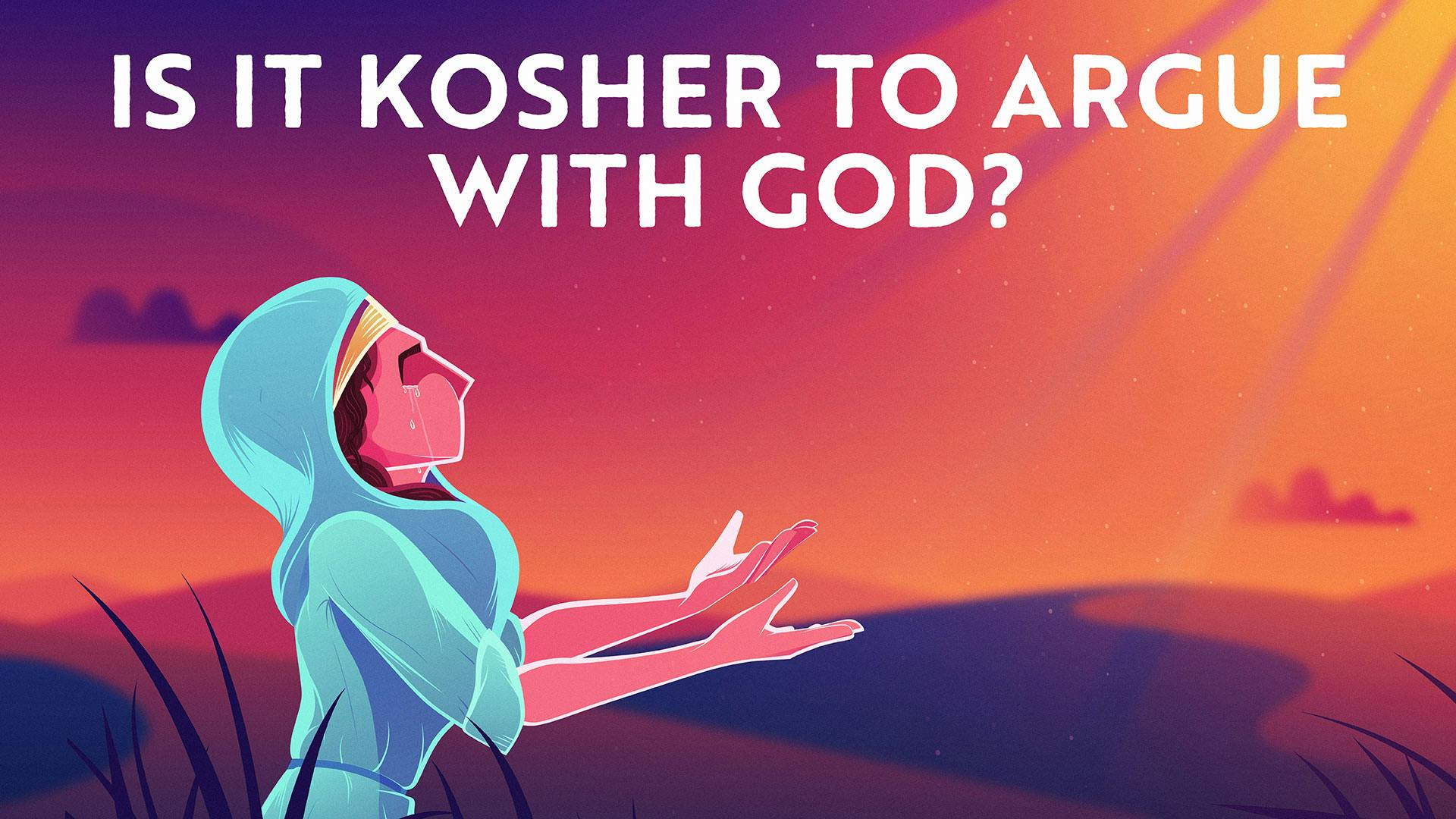
The Daughters Of Zelophehad [deeper dive]
There are stories, throughout the Bible, of people who experienced some kind of tension between their will and the will of the Almighty, and they took it upon themselves to argue (or at least “discuss” it) with God. Apparently they thought that it was “kosher,” that it was OK to do. Was it? And if it was “kosher” for them to argue with God, is it also kosher for us? In this sweeping 10-part audio series, Rabbi Fohrman grapples with those questions by examining three different “case studies:” the story of Chana, from the Book of Samuel, who suffered with infertility and let God know how she really felt; the story of the Mekalel, the “Blasphemer,” from the Book of Leviticus, who had the audacity to “curse” God; and the story of the daughters of Tzelophchad from the Book of Numbers, who boldly petitioned God to change the laws of land inheritance — and were granted a win.
Part 1 of 10 • 36 min

Reuven and Gad’s Request for Land
In this Matot-Masei parsha video, Rabbi Fohrman discusses the interesting conversation between the children of Gad, the children of Reuben and Moses, as they are requesting to live on the other side of the Jordan – not in the land of Israel proper. Rabbi Fohrman analyzes their exchange to get to the core of true communication – trust and respect.
13 min
.jpg?ixlib=gatsbyFP&auto=compress%2Cformat&fit=max&rect=0%2C0%2C1920%2C1080&w=1920&h=1080)
Menashe Joins Reuven and Gad
Remember when Moses let Reuven, Gad and Menashe settle outside of Israel... What? Menashe didn't ask to live there!? Why did Moses put them there?
13 min

The Conquest of Gilead
The Torah is a book of great drama, why does the narrative ends with a seemingly-unnecessary story about a random conquest of some towns? In this week and next week, Rabbi Fohrman paints a picture of epic connections to the stories of Jacob, Joseph and Judah.
Part 1 of 2 • 13 min
Deuteronomy

Moses’ Farewell Speech
How did Moses feel when approaching the land of Israel, knowing he wouldn’t be entering the land with his people? This video is the first in a series of three, concluding the yearly Torah cycle, where we will attempt to get inside the head of Moses at the end of his journey as the leader of the Israelites.
Part 1 of 3 • 15 min
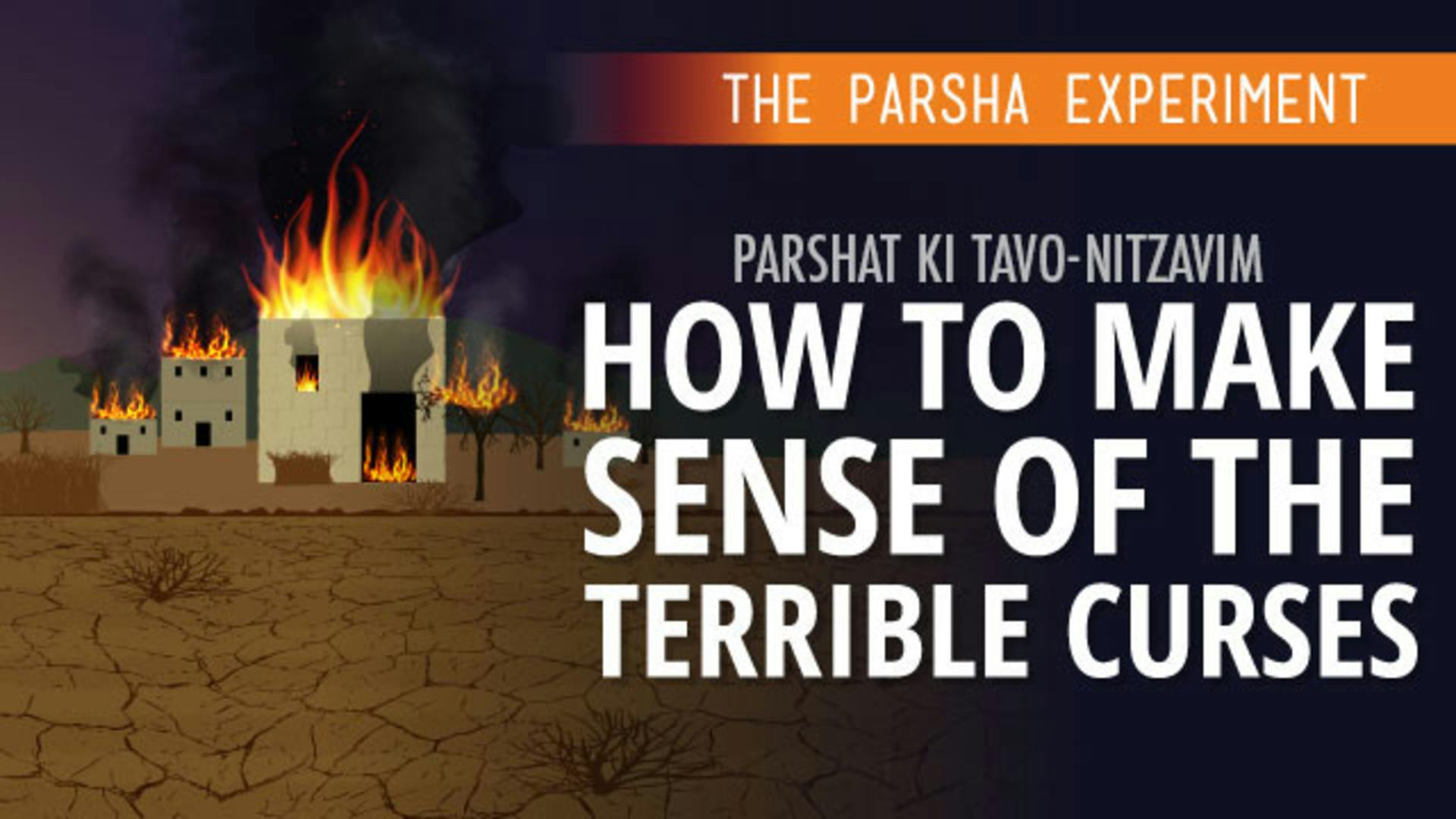
Moses Proclaims Blessings and Curses
God promises us dark, sadistic curses, if we don't live up to our responsibilities to Him. Parshat Ki Tavo is so difficult to read, how could God be so cruel to us? This video grapples with the incredibly difficult curses of Ki Tavo.
Part 1 of 2 • 15 min
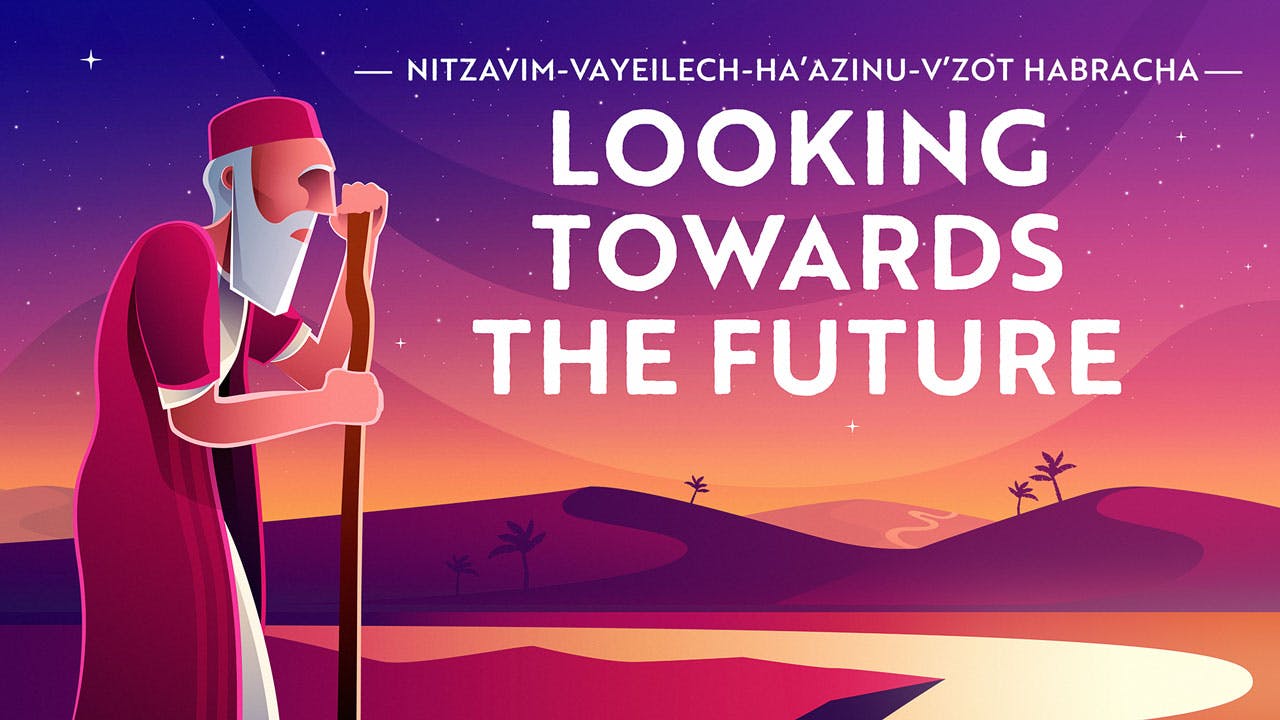
God’s Final Speech to Moses (Shirat Ha’azinu)
In this video, the first of a three-part series, we ask about God's odd prophecy to Moses at the end of the Torah. As Moses is about to die, why does God tell him about how the Israelites will ruin everything? Rabbi Fohrman hints that Moses has the power to help us get out of a vicious cycle.
Part 1 of 3 • 11 min

Moses Isn’t Allowed To Enter the Land
Moses was barred from entering the land because he struck the rock, right? Turns out it's not so simple. Understand why our greatest leader was deprived of the opportunity to step foot in the Promised Land.
Part 1 of 7 • 55 min
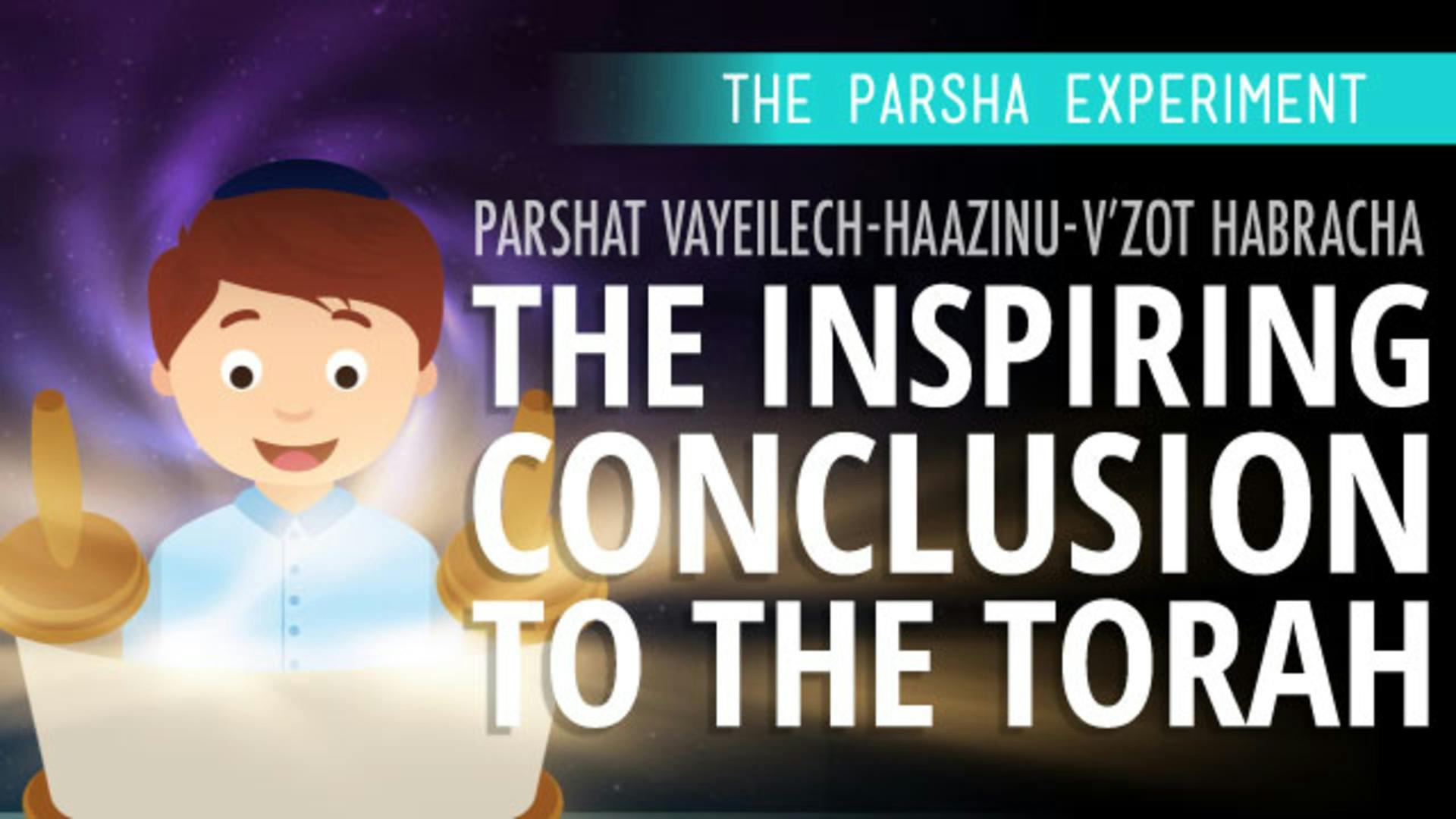
The Death of Moses
After taking a journey through this book, learning about The Creator’s choice to teach us how we can come close to Him and achieve purpose in our lives, how will it end?
Part 1 of 2 • 15 min

The Burial of Moses
In the Torah’s final parsha, Moshe is preparing to take leave of the nation he has been so devoted all of these years. He gives them blessings before taking his final departure. He then ascends a mountain and is laid to rest in an unknown burial place. Or is it? A careful reading of Moshe’s blessings may give us clues as to where he was buried. The significance of this is not so much about identifying the geographical location of his grave, as it is about teaching us a profound lesson in loyalty, brotherhood and redeeming unfulfilled dreams. Join us for a deep look at the Torah’s bittersweet ending.
36 min
Prophets and Writings
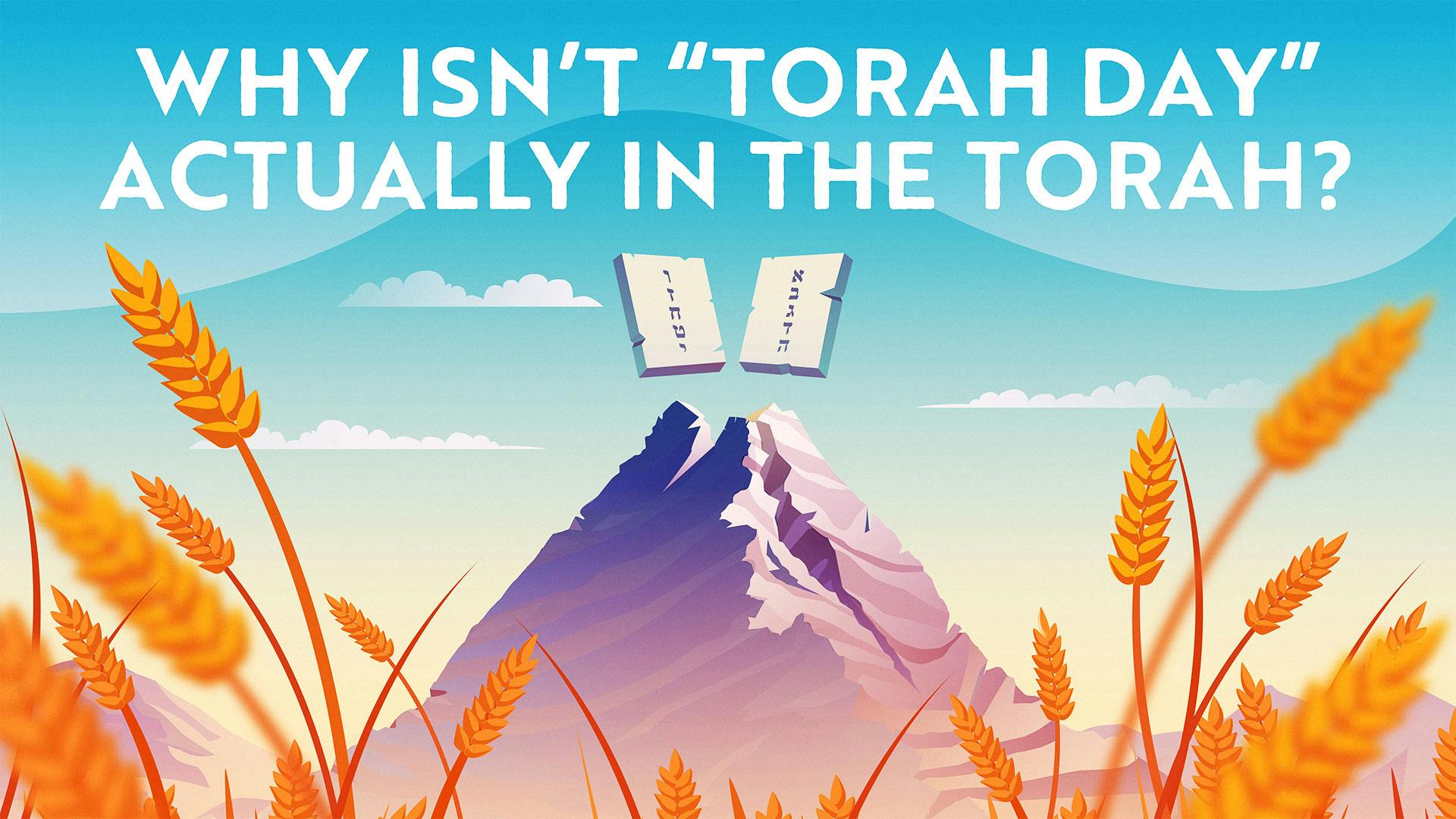
The Book of Joshua: The Fall of Jericho
While exploring Shavuot’s origins, Rabbi Fohrman uncovers a link between the Sinai experience, the Jubilee, and the fall of Jericho’s walls, revealing the deeper meaning behind this divine battle.
Part 1 of 6 • 6 min

The Book of Joshua: The Sun Stands Still
In part two of this audio lecture, Rabbi Fohrman explores how the language suggests that Joseph’s dreams are fulfilled during Joshua’s war against Gibeon.
Part 1 of 2 • 57 min
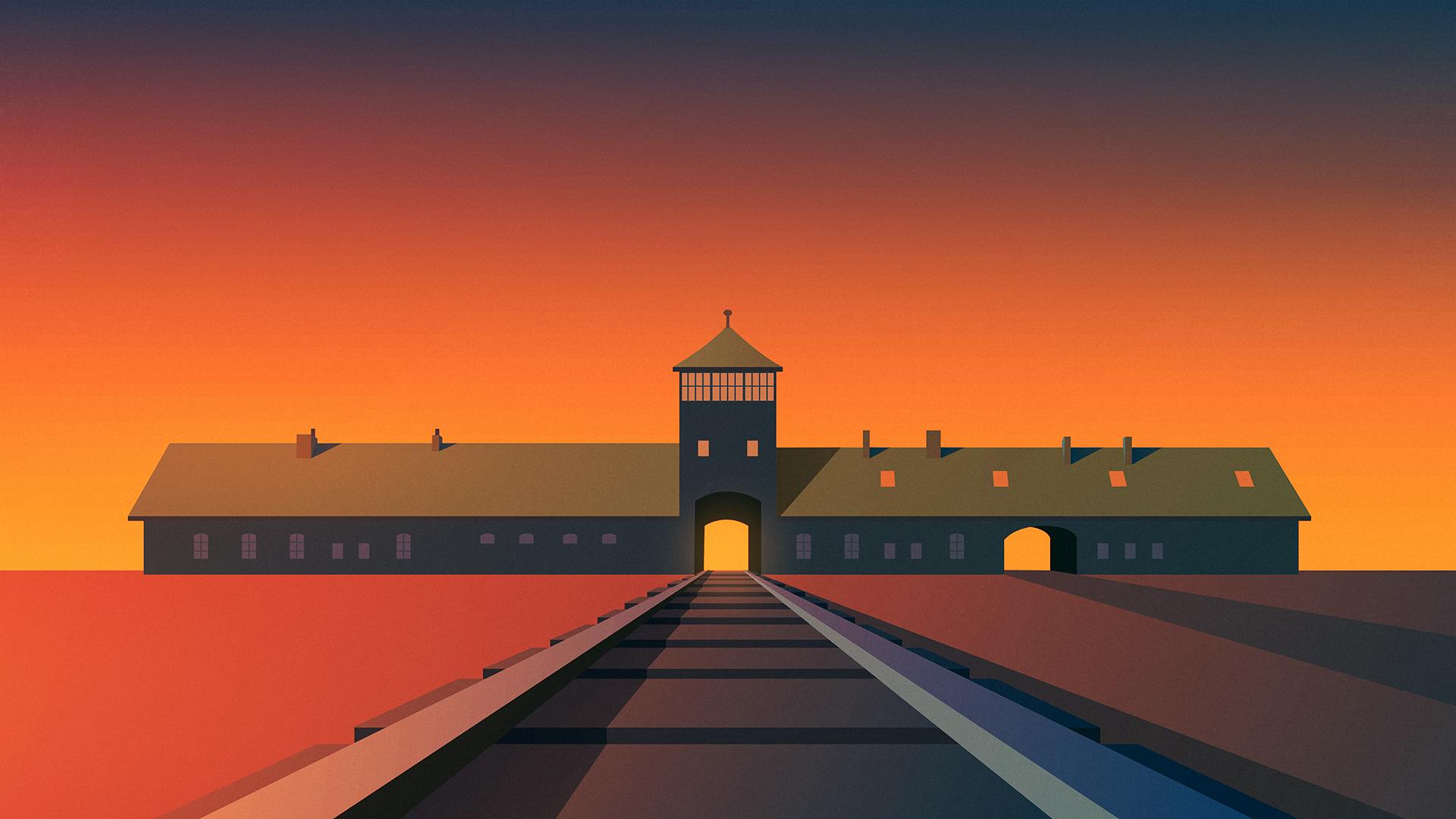
The Book of Judges: Gideon’s War
In this Tisha B’av webinar, Rabbi Fohrman analyzes the Torah and haftarah reading for the fast day and what we can learn from Gideon’s story.
2 hours, 58 min

The Book of Judges: Samson’s Flawed Heroism
In this podcast on Parshat Toldot, Adina Blaustein and Beth Lesch explore Isaac’s story and its surprising parallels to Samson, the hero of Judges, suggesting an unexpected definition for heroism.
42 min

The Book of Judges: Micah’s Idol
In this episode of A Book Like No Other, Rabbi Fohrman and Imu explore the striking parallels between the story of Micah’s Idol in Judges and the season’s main topic, the Blasphemer.
57 min

The Book of Judges: The Levite’s Concubine and the War in Gibeah
In this epilogue to The Queen You Thought You Knew, Rabbi Fohrman delves into Pilegesh B’Givah, an infamous incident, exploring how these foundational moments shape Esther’s darkest and greatest hour.
1 hour, 28 min
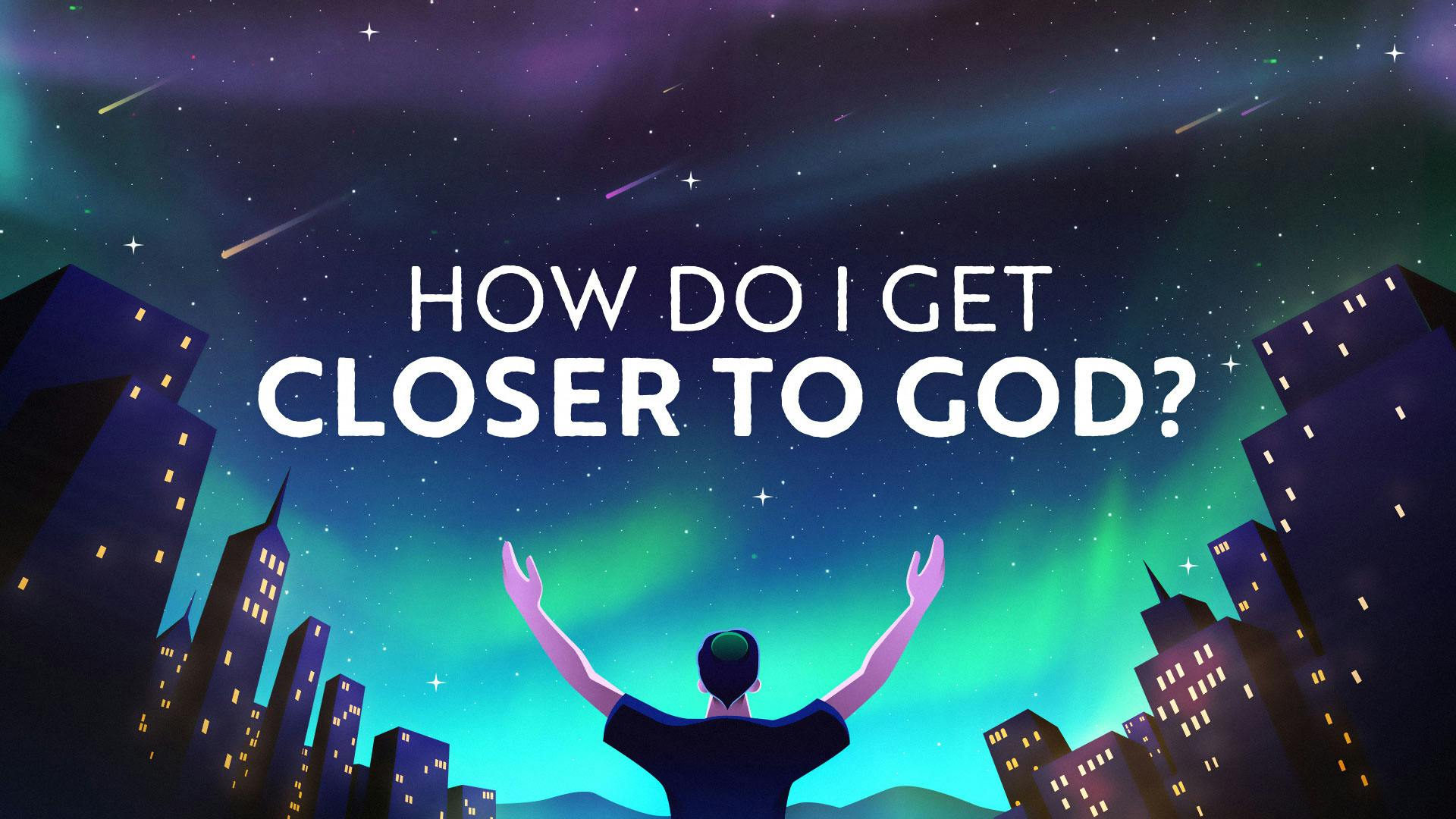
The Book of Samuel: Hannah’s Prayer
In this Rosh Hashanah haftarah course, Rabbi Fohrman explores how the story of Hannah’s prayer reveals the tension between closeness to God and His holiness.
Part 1 of 4 • 8 min

The Book of Samuel: Saul’s Coronation
Isaac and Rebekah’s marriage and King Saul’s coronation seem unrelated, but are filled with parallels. In this video on Parshat Chayei Sarah, Rabbi Fohrman analyzes the connections and their meaning.
9 min
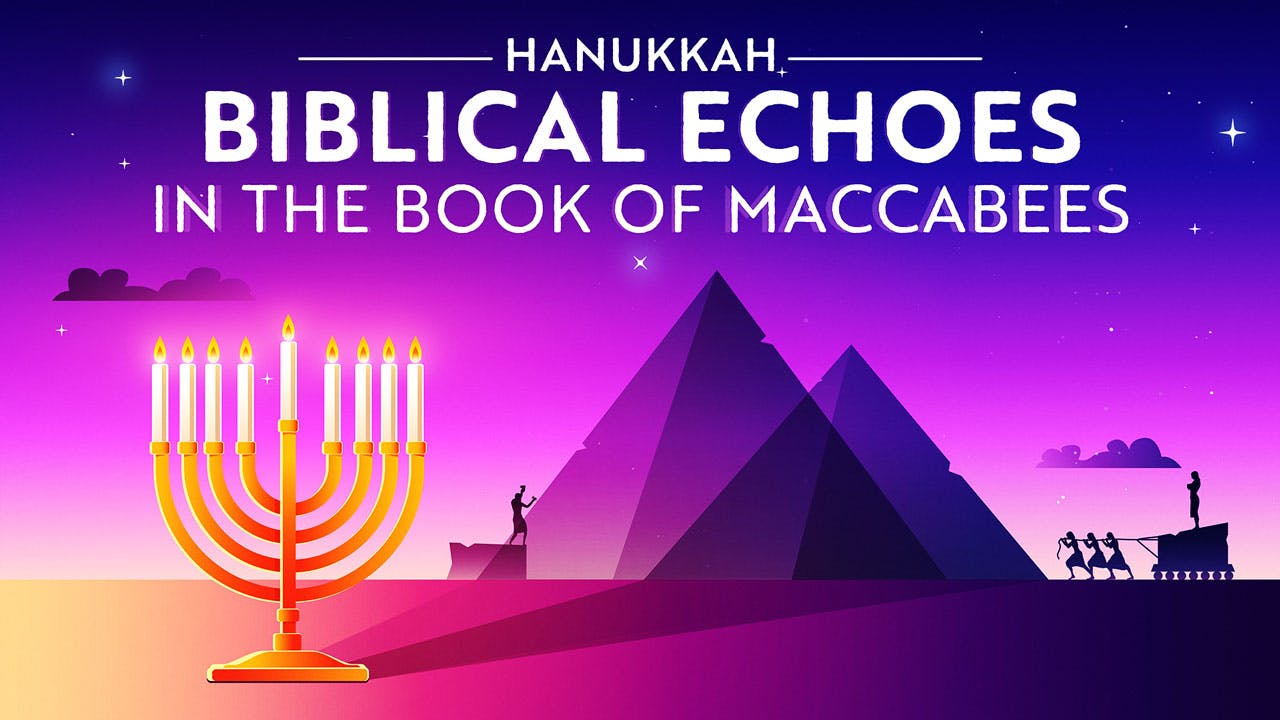
The Book of Samuel: Saul’s Missteps and the War Against the Philistines
Rabbi Fohrman analyzes how echoes of Saul and Jonothan’s tragic story resurface in the Chanukah story.
Part 1 of 4 • 13 min

The Book of Samuel: Saul’s Failed Battle Against Amalek
In this live lecture, Rabbi Fohrman analyzes Saul’s downfall in the battle with Amalek, exploring the roles of Joshua, Saul, Esther, and Mordechai—all Rachel’s descendants.
Part 1 of 11 • 1 hour, 23 min
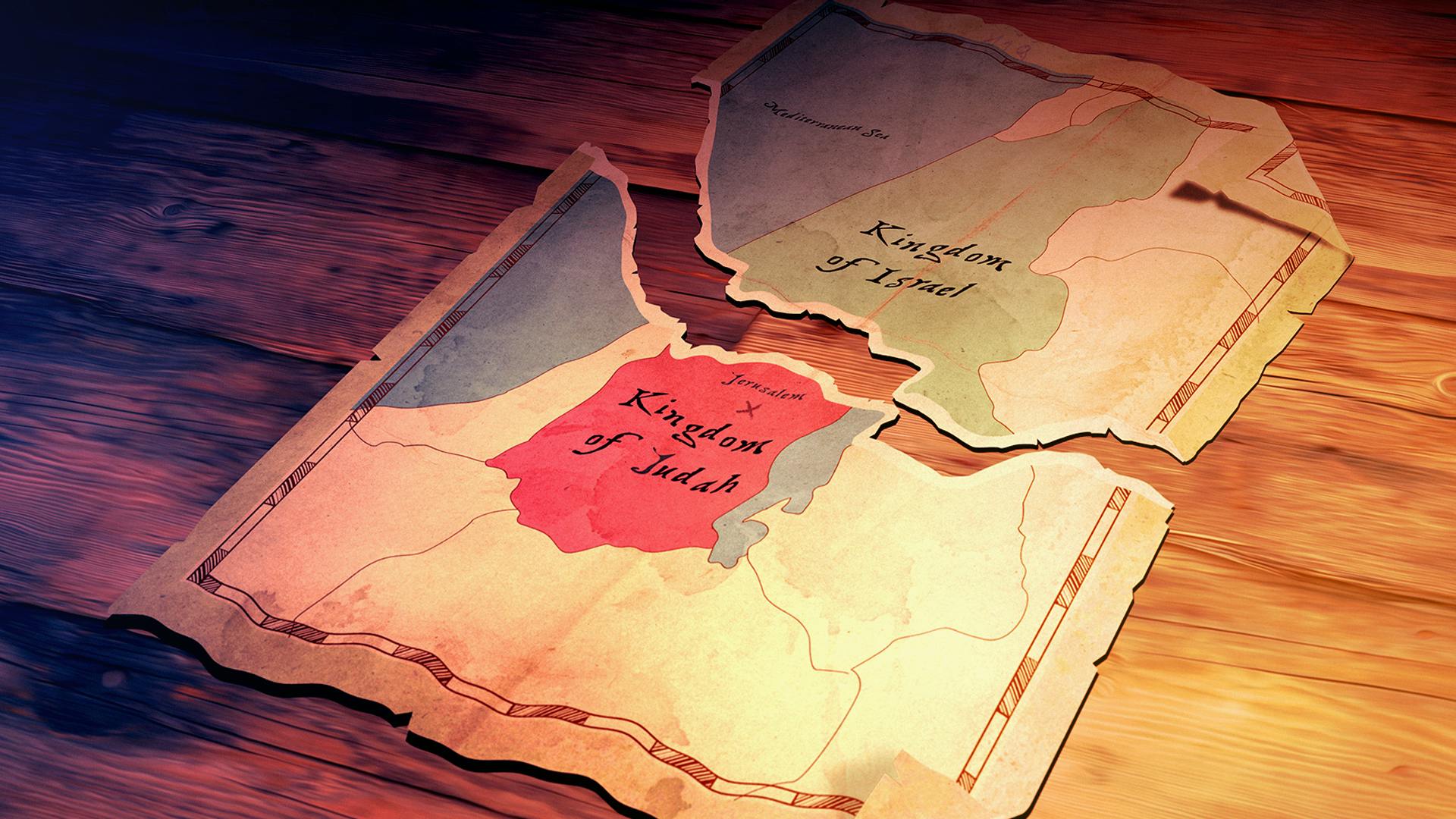
The Book of Kings: King Solomon and the Splitting of the Kingdom
God gave King Solomon unprecedented wisdom, which Solomon used to build a glorious kingdom. But just a mere generation later, that kingdom splits and the road to Tisha B’Av begins. Why didn’t God give Solomon the wisdom he really needed… the wisdom to keep Israel united?
Part 1 of 8 • 7 min

The Book of Kings: Elijah’s Defense of God
Pinchas is famously described as acting zealously for God – and so is Elijah the prophet. The Sages see these two figures as connected, one statement even claiming they're the same person. Watch to learn more about the Bible's other zealot.
Part 1 of 11 • 49 min
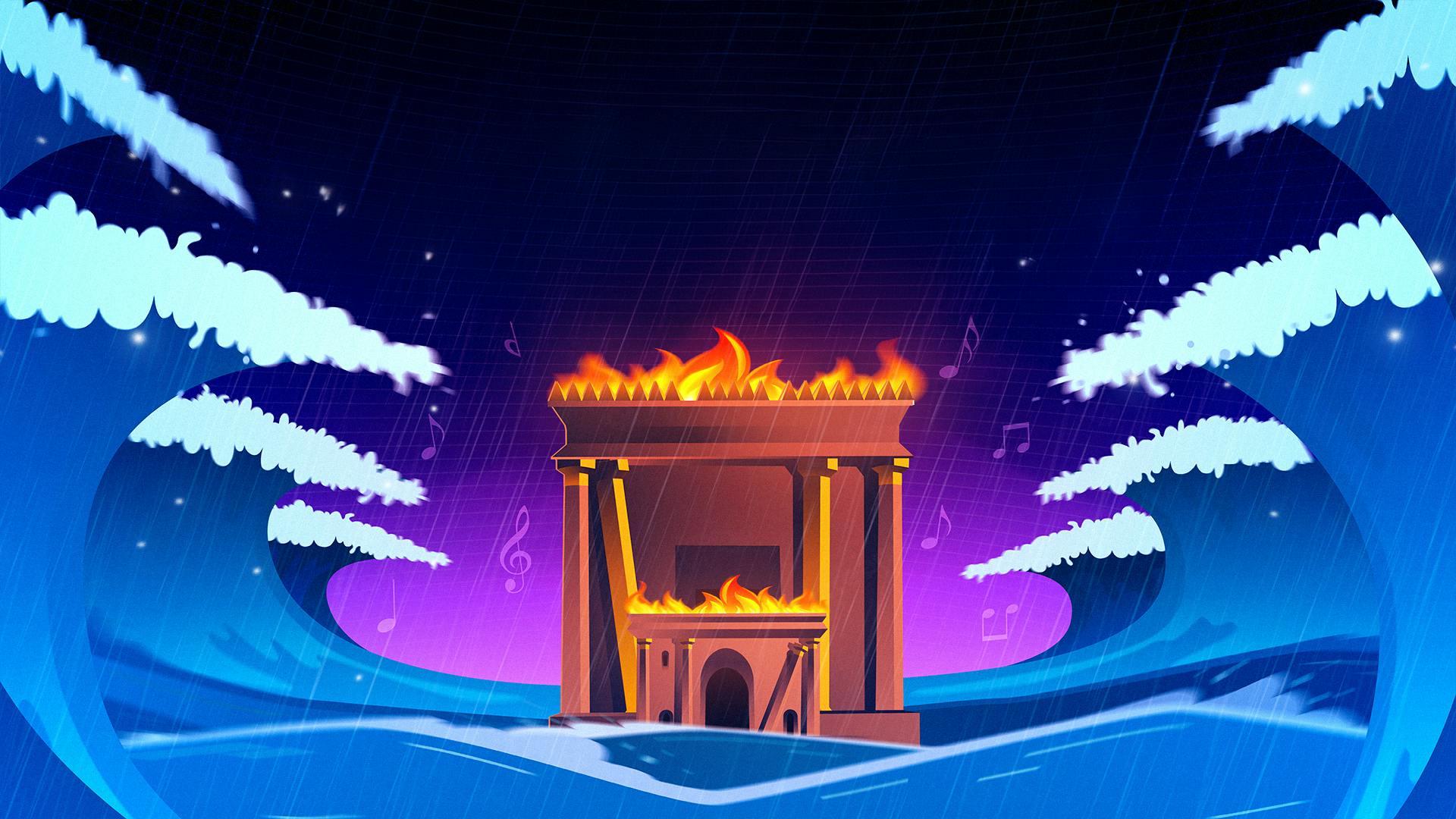
The Book of Kings: Hezekiah and the Assyrian Siege
A few generations before the destruction of the Temple, there was a king who, the Talmud tells us, could have been the Messiah. How did the Jewish people get so close to redemption, only to end in exile? If we can answer this question, perhaps we can come to understand the power of our own potential and to reshape our destiny.
Part 1 of 7 • 12 min

The Book of Jeremiah: Jeremiah and Joseph
In this interactive study session, Rabbi Fohrman analyzes how Jeremiah’s prophecies are layered with echoes of Genesis.
Part 1 of 17 • 1 hour, 25 min
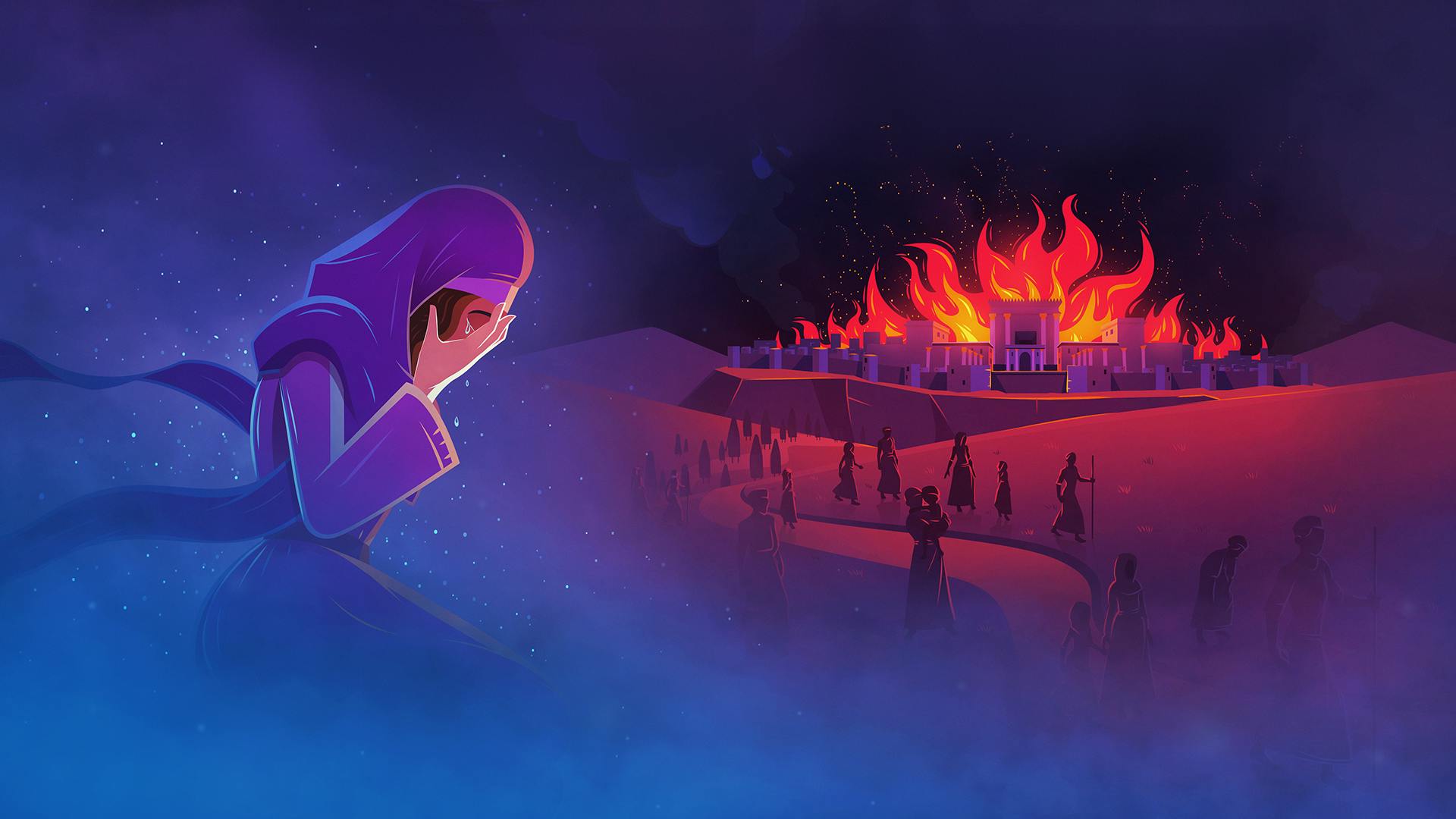
The Book of Jeremiah: Rachel’s Tears
In this Tisha B’Av course, Rabbi Fohrman explores Jeremiah’s famous prophecy of comfort, showing how Rachel’s weeping from the heavens offers hope to future generations.
Part 1 of 5 • 8 min

The Book of Ezekiel: Commemorating the 10th of Tevet
In this video about Asara B'Tevet, Rivky Stern delves into the day's significance by examining the relevant themes in the Book of Ezekiel, highlighting its prophetic insights and the historical context of the siege of Jerusalem.
12 min
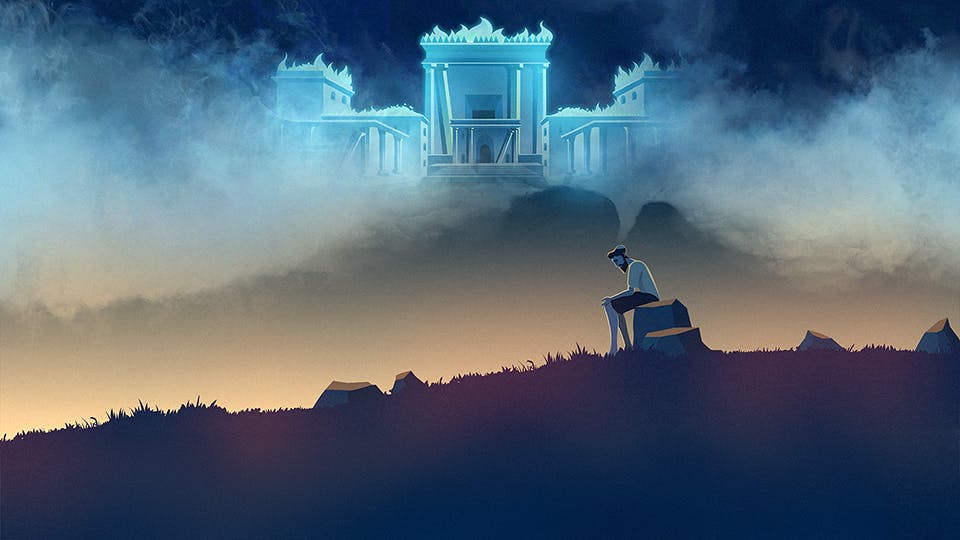
The Book of Isaiah: Isaiah’s Prophecy of Comfort
In this series, Rabbi Fohrman offers a novel approach to the problem of theodicy based on a mysterious passage in the Book of Isaiah.
Part 1 of 6 • 11 min
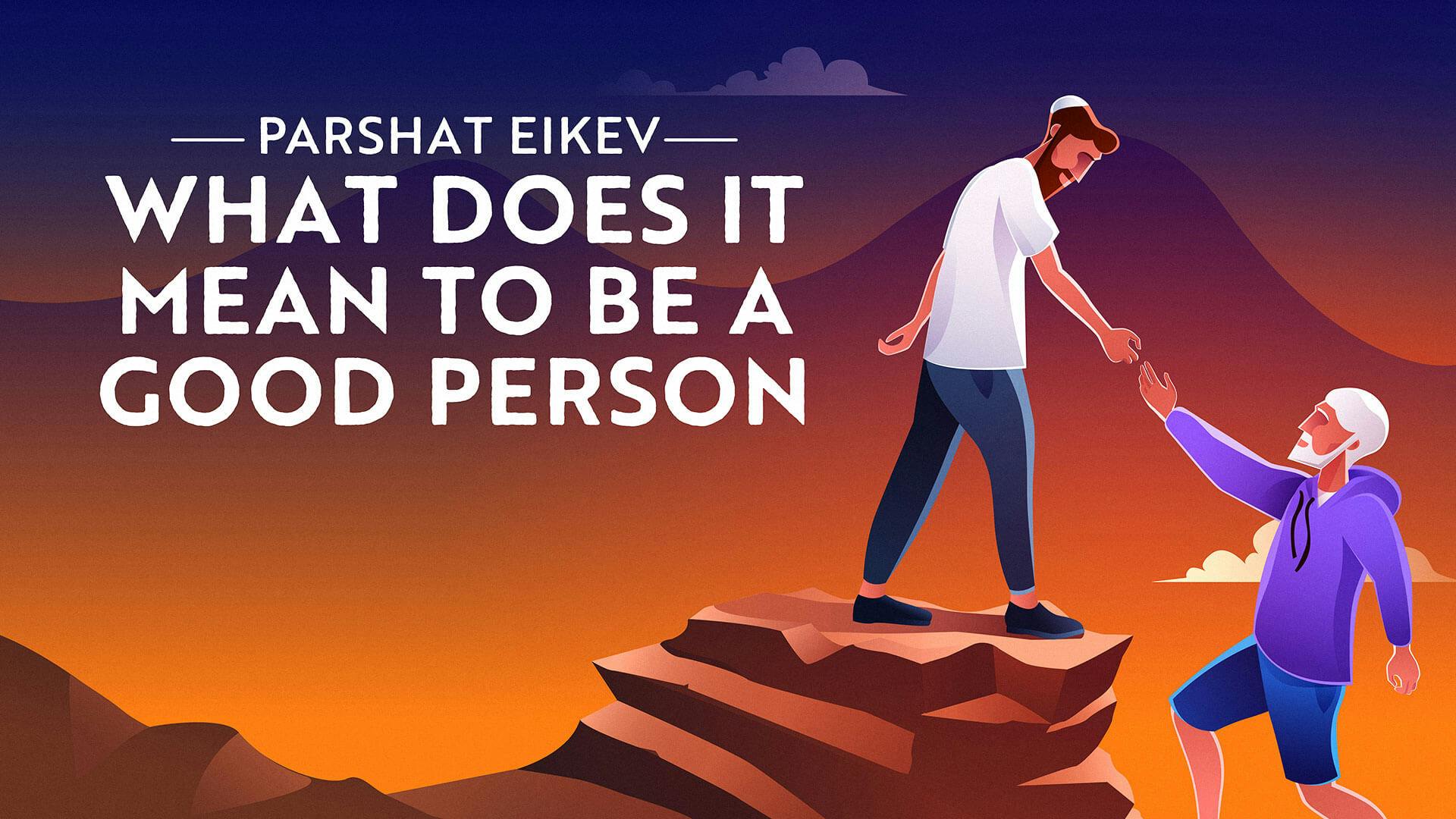
The 12 Minor Prophets: Micah’s List for How to be a Good Person
In Parshat Eikev, Moshe outlines God's expectations, but Micah's later speech offers a different explanation on what it means to be good.
Part 1 of 2 • 8 min

The 12 Minor Prophets: The Story of Jonah
The Book of Jonah reads almost like a child’s story, and the message seems just as simple: “It’s good to do teshuva.” But a close read of the text reveals a much more sophisticated tale, with a profound lesson that has deep relevance for our modern lives.
Part 1 of 7 • 6 min
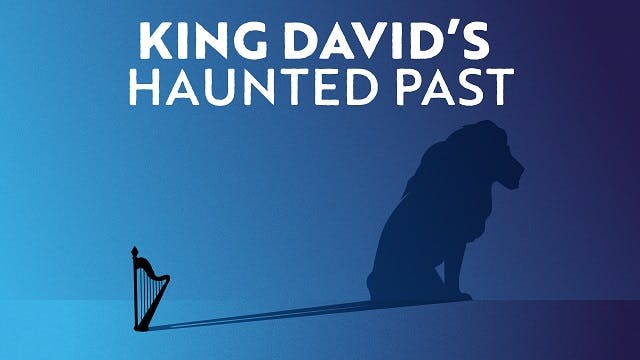
The Book of Psalms: Echoes of Judah’s Guilt in the Temple’s Dedication
In this live lecture, Rabbi Fohrman explores how Psalm 30 connects to the sale of Joseph, and argues that David was hearkening back to his ancestor Judah to explain why Judah merited for his descendants to build the Temple.
1 hour, 20 min
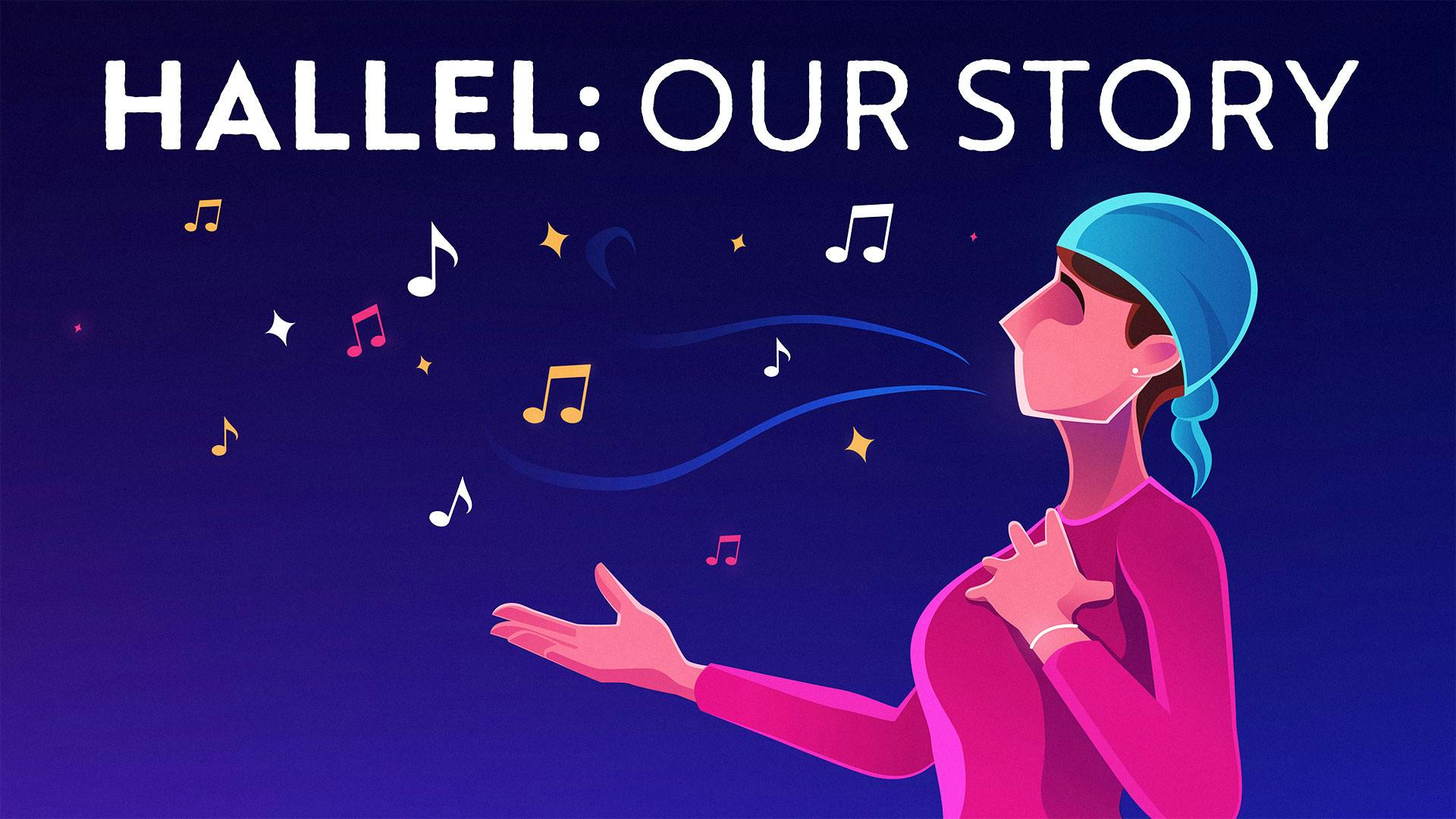
The Book of Psalms: Hallel and the Story of Jewish People
In this lecture series on Psalms 113-118, the chapters of Hallel, Rabbi Fohrman reveals intriguing narratives hinted at within these texts
Part 1 of 7 • 56 min
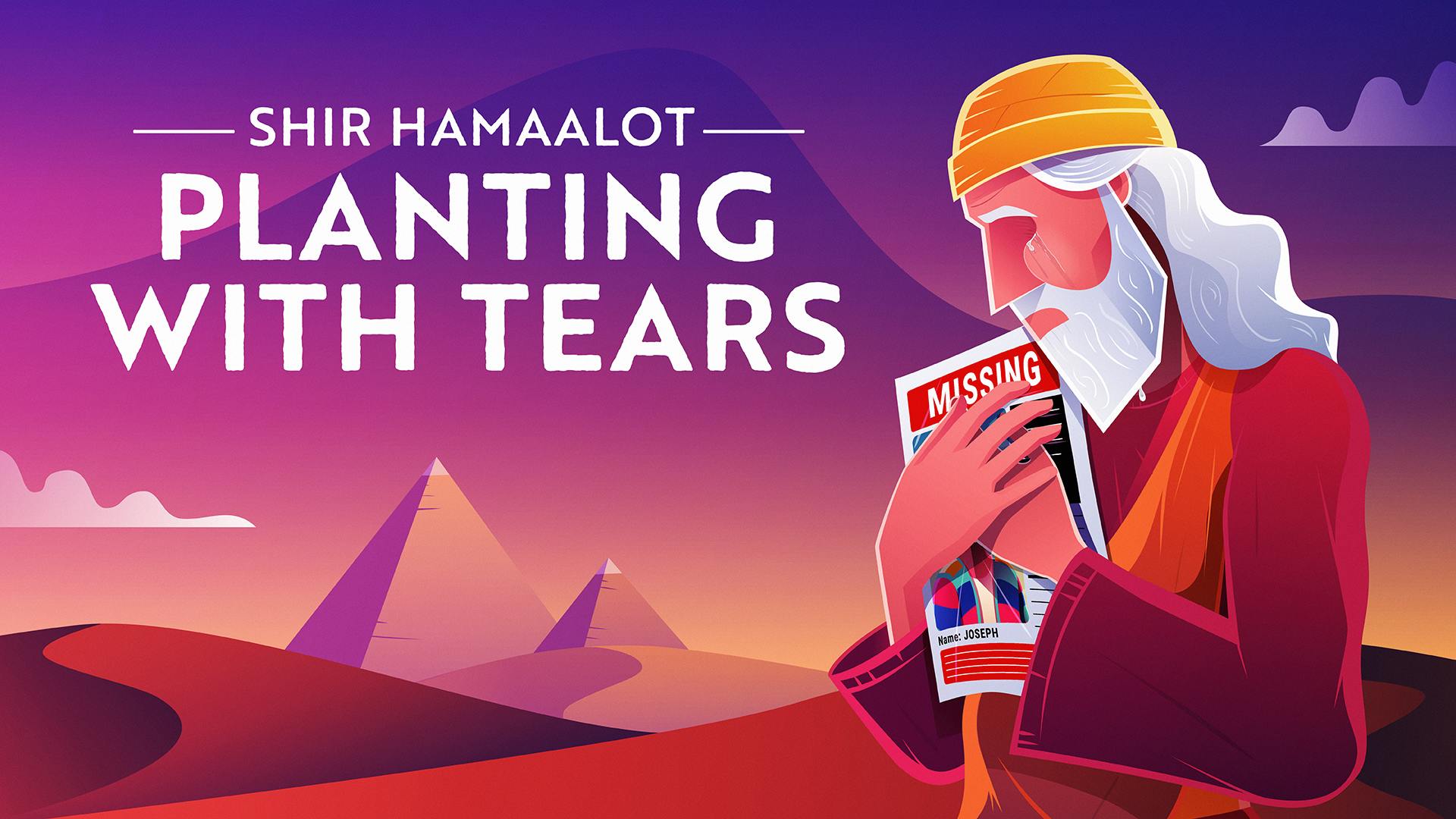
The Book of Psalms: Shir Hama’alot and The Sale of Joseph
Can mourning bring us closer to redemption? This series dives deep into Shir Hama'alot (Psalm 126) to uncover incredible insights into dealing with grief, and the pivotal role mourning may play in building a connection with God.
Part 1 of 6 • 10 min

The Book of Job: Job's Suffering
In this 2-part audio series, we explore how to read the Book of Job, and wrestle with the book's central question: Why does God let us suffer?
Part 1 of 2 • 18 min

The Book of Ruth: The Context of Ruth’s Kindness
Shavuot is an epic holiday in which we received the Torah and became a nation! But why do we read the Book of Ruth on such an exciting holiday? Is it just because of the harvest, or because Ruth is the grandmother of King David? In this course, Rabbi Fohrman brings us on a grand journey across Bible and shows us that the Book of Ruth is a symbolic stamp on the mission of the Jewish people.
Part 1 of 5 • 11 min

The Book of Ruth: Ruth Commits to Naomi
Rabbi Fohrman takes a closer look at the Book of Ruth, uncovering new ways in which Ruth's story is much deeper than it appears.
1 hour, 40 min
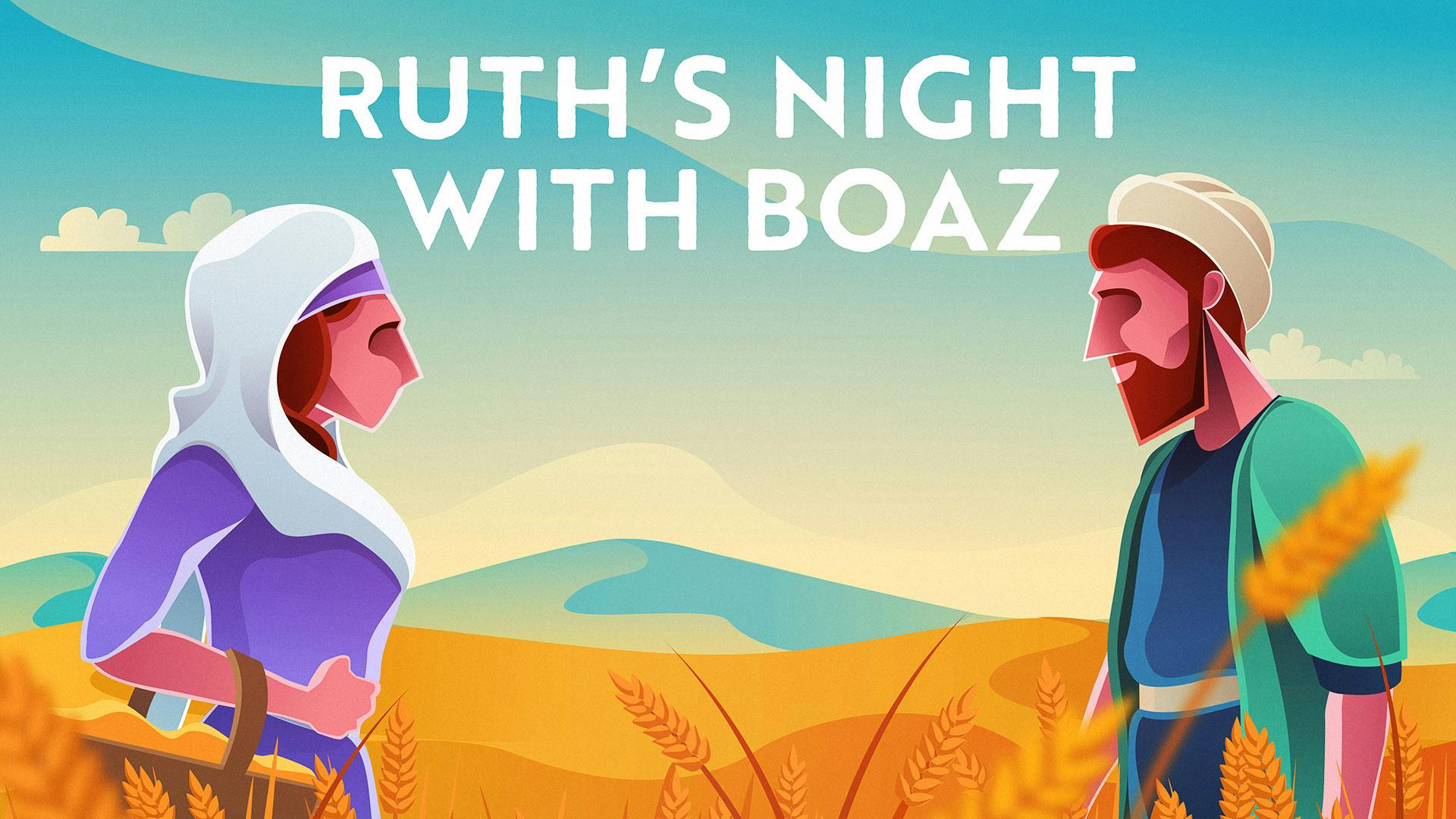
The Book of Ruth: Ruth’s Night With Boaz
We don’t often talk about how the story of Lot and his daughters is a little risqué for Biblical literature. But looking back at similar illicit stories, of Yehuda and Tamar and Boaz and Ruth, a transcendent lesson emerges. Instead of sly sensuality defining the story, Rabbi Fohrman finds a redemptive love and kindness within the text, shedding new light and understanding on the concepts of kindness and recognition.
Part 1 of 4 • 11 min
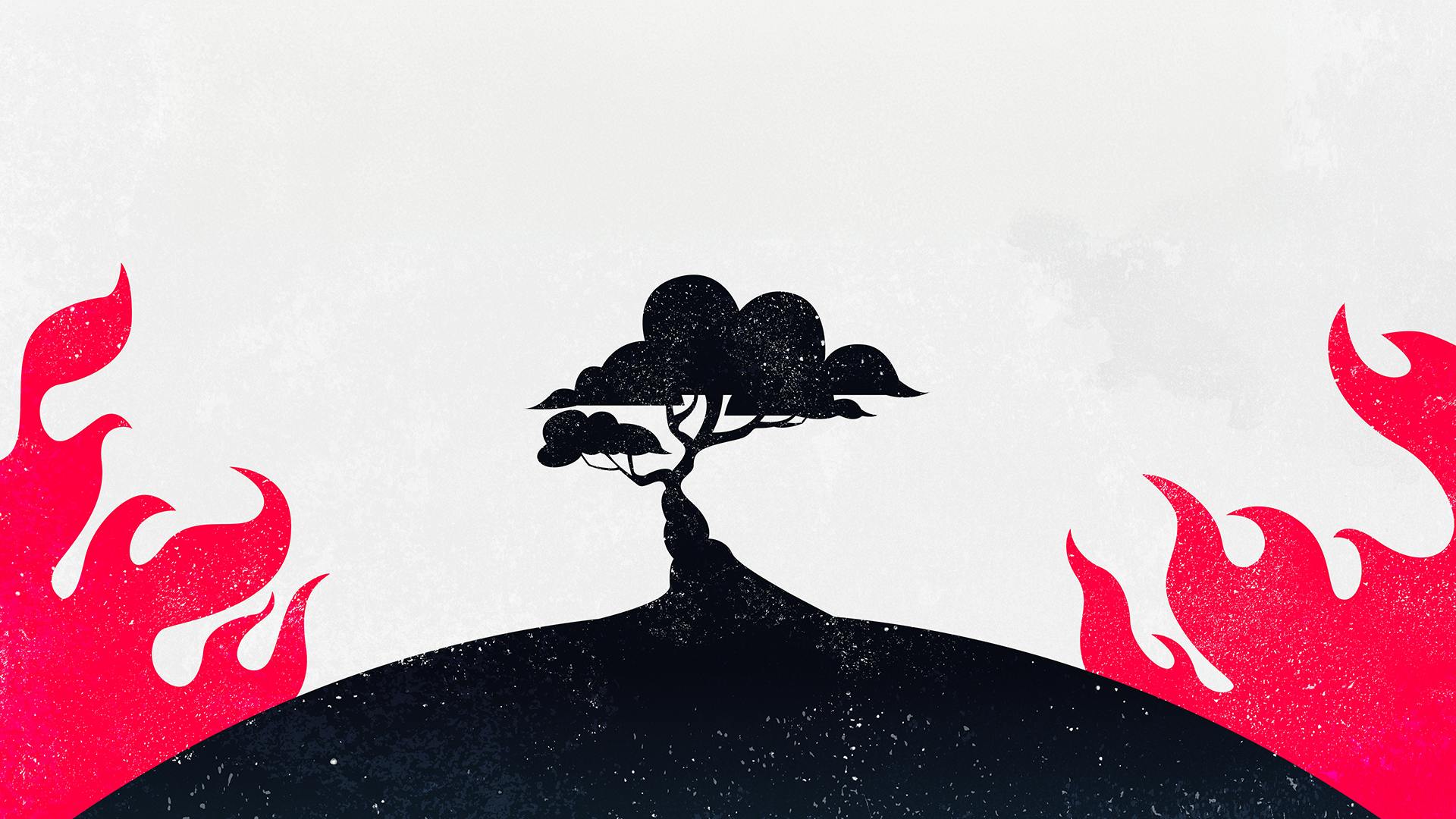
The Book of Eicha (Lamentations): Jerusalem's Destruction
What does Eicha have to do with the garden of Eden? At first glance, not much. But if we look closer, it turns out that the Megillah is actually echoing language first used in the beginning of Genesis. Uncovering the deeper meaning of this connection can shift the way you think about Tisha B’Av.
Part 1 of 2 • 57 min

The Book of Esther: Esther Receives Gifts in the King’s Harem
What does sending food have to do with the Purim story, and why did Mordechai insist we continue this practice forever?
Part 1 of 2 • 46 min
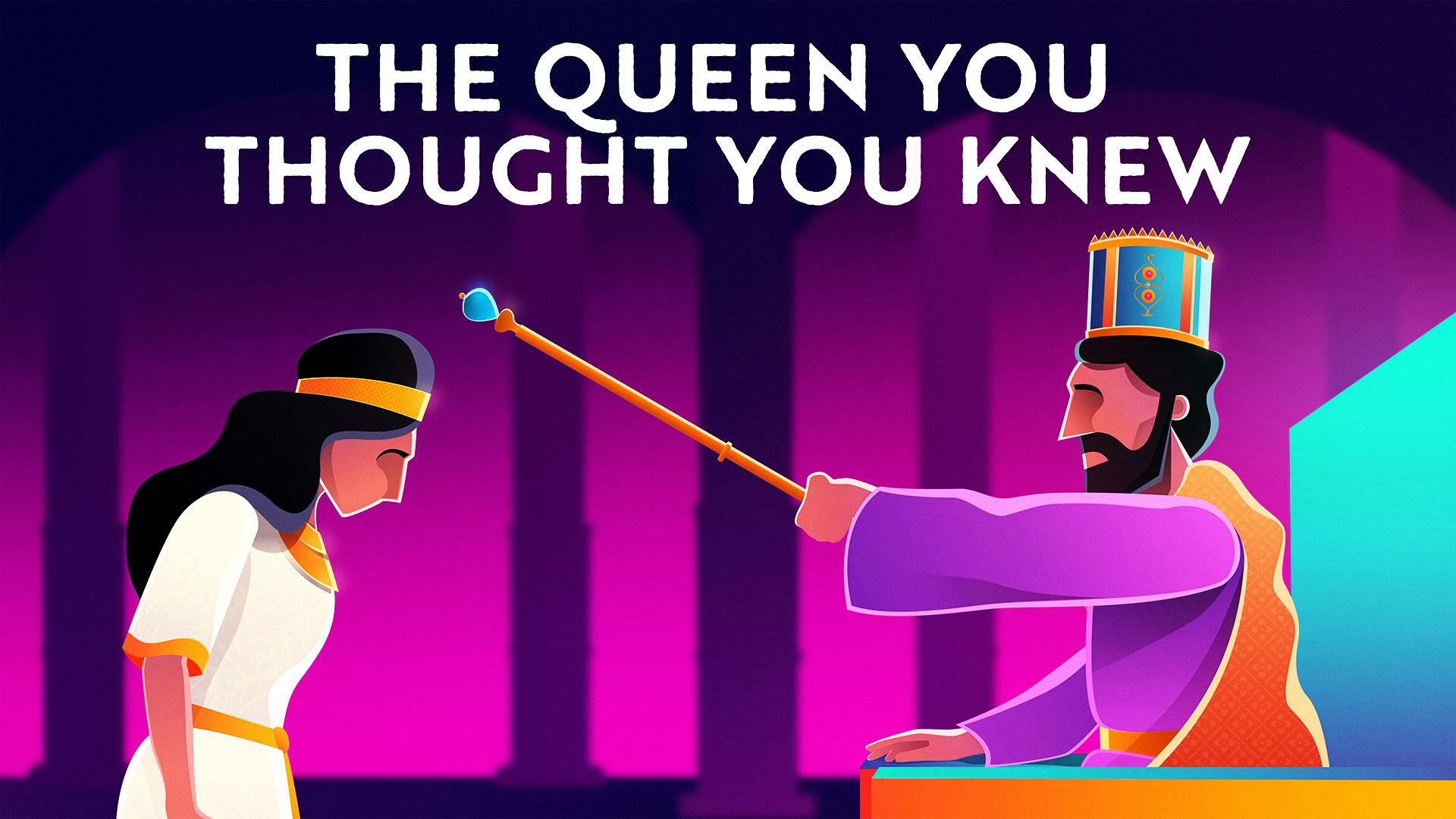
The Book of Esther: The Strategy Behind Esther’s Successful Plea
Step beyond the children's version of Purim you learned in third grade. Uncover the sophisticated psychological strategies, political maneuvers, and hidden motivations that make the real Megillah a masterpiece of suspense.
Part 1 of 6 • 11 min
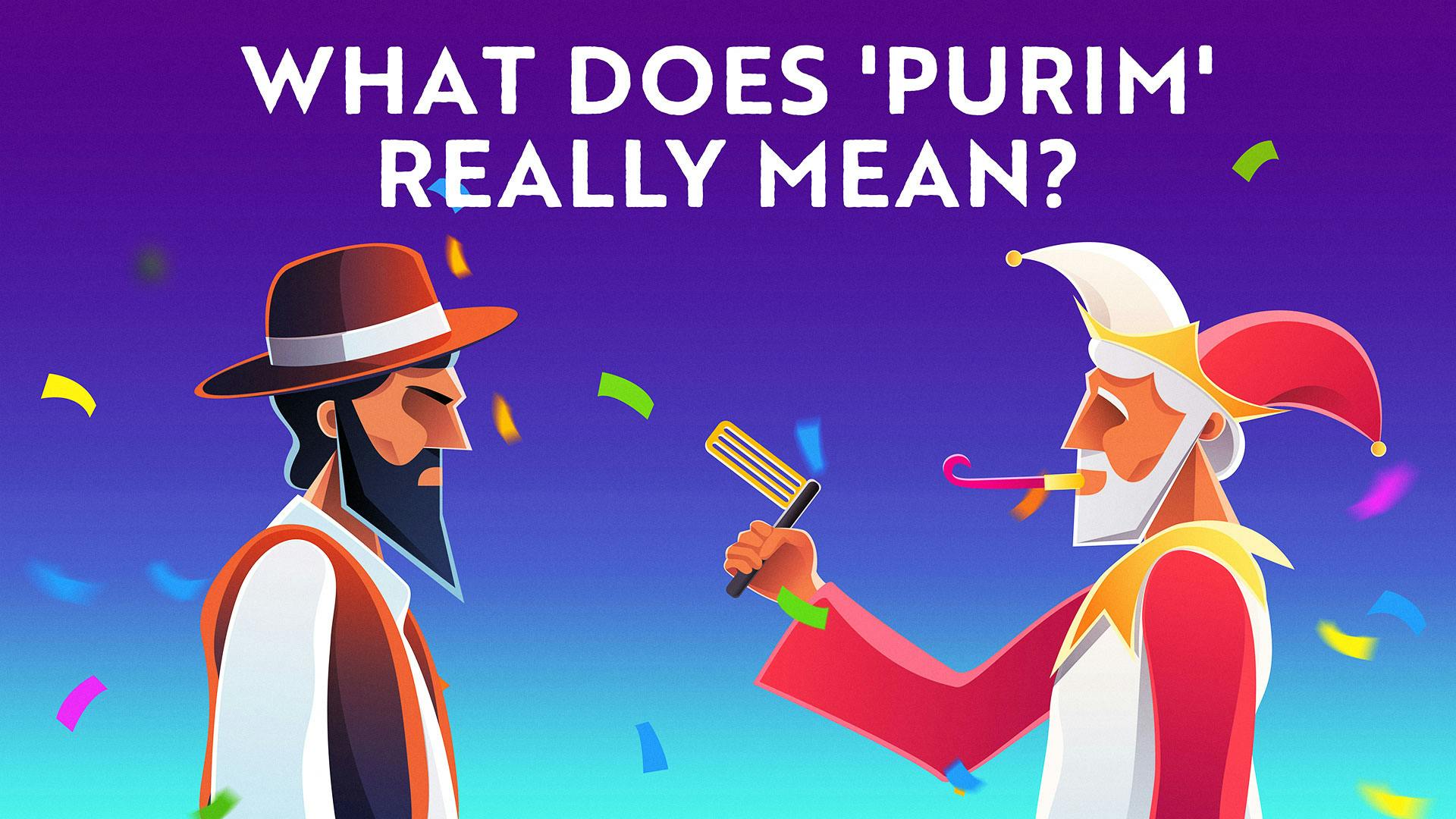
The Book of Esther: Esther Appeals to the King
We call it "Purim" after Haman's lots—the very device he used to determine when to destroy us. But why would we ever want to immortalize a tool of our destruction? Discover how the Hebrew word "pur" carries a double meaning that turns Haman's weapon into Esther's triumph—and why this linguistic twist reveals the true spiritual message of the holiday.
Part 1 of 4 • 6 min

The Book of Ezra-Nehemiah: Nehemiah’s Rosh Hashanah
Chapter 8 of the Book of Nehemiah describes the only instance of Rosh Hashanah observance in the entire Tanach. What does this unique celebration tell us about the holiday's significance—was it a time of judgment or a joyous occasion?
Part 1 of 6 • 13 min
